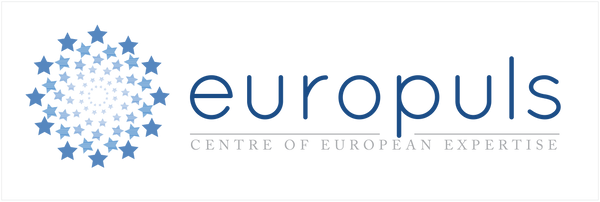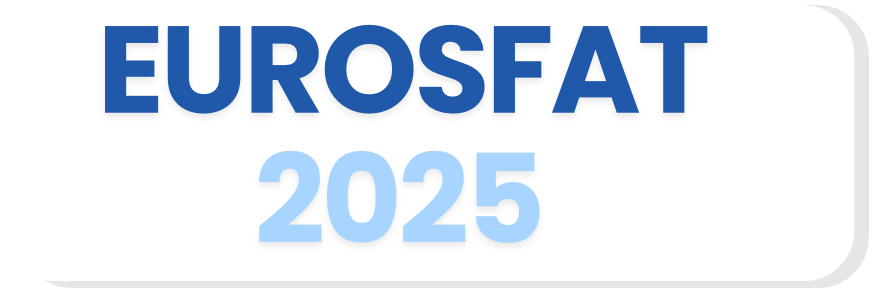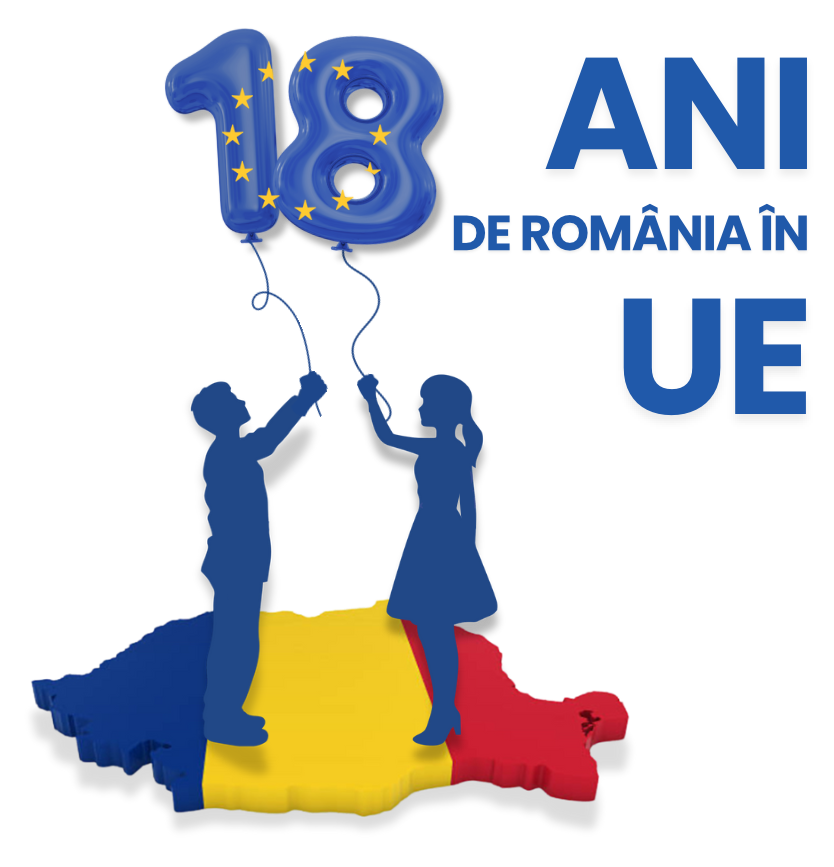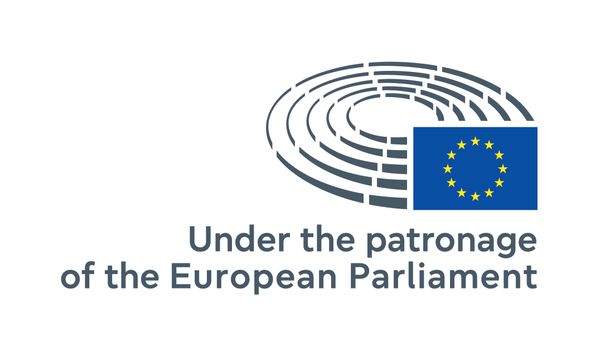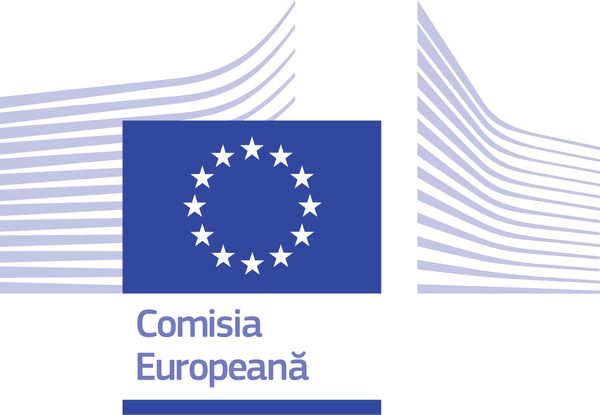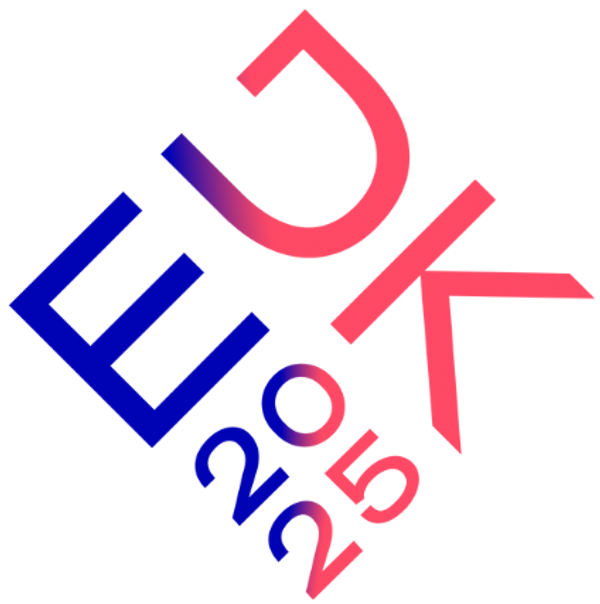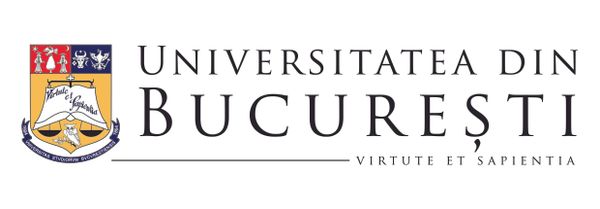Europuls are plăcerea de a vă invita la cea de-a XIII-a ediție a Forumului EUROSFATCel mai mare forum anual de afaceri europene din România
Europuls - Centrul de Expertiză Europeană, fondator și coordonator al forumului EUROSFAT, reprezintă o organizație non-guvernamentală stabilită în 2010 la Bruxelles de către un colectiv de tineri experți români în domeniul afacerilor europene. Misiunea organizației se concentrează pe promovarea integrării europene în România și pe consolidarea unui spațiu public european prin intermediul publicațiilor și studiilor, alături de organizarea de dezbateri, sesiuni de workshop și conferințe de nivel înalt.
În fiecare an, începând din 2013, Eurosfat marchează acel moment vital când Europa, în toate formele ei, devine cel mai important subiect pe agenda României. Intenționăm să ne continuăm misiunea pentru a aduce Uniunea Europeană mai aproape de cetățenii români, mai ales în aceste vremuri dificile.
Cu patronajul
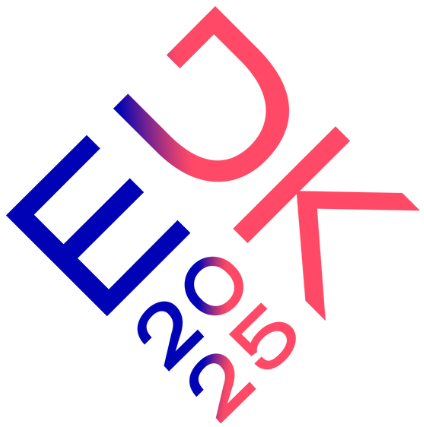
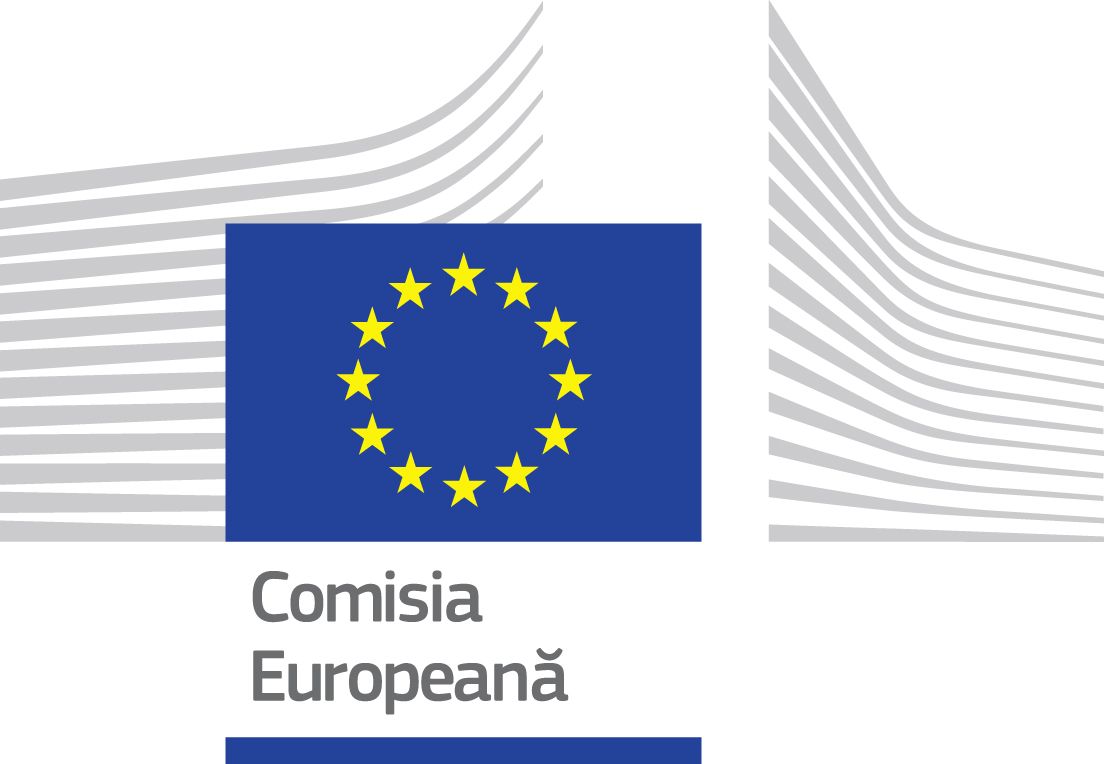
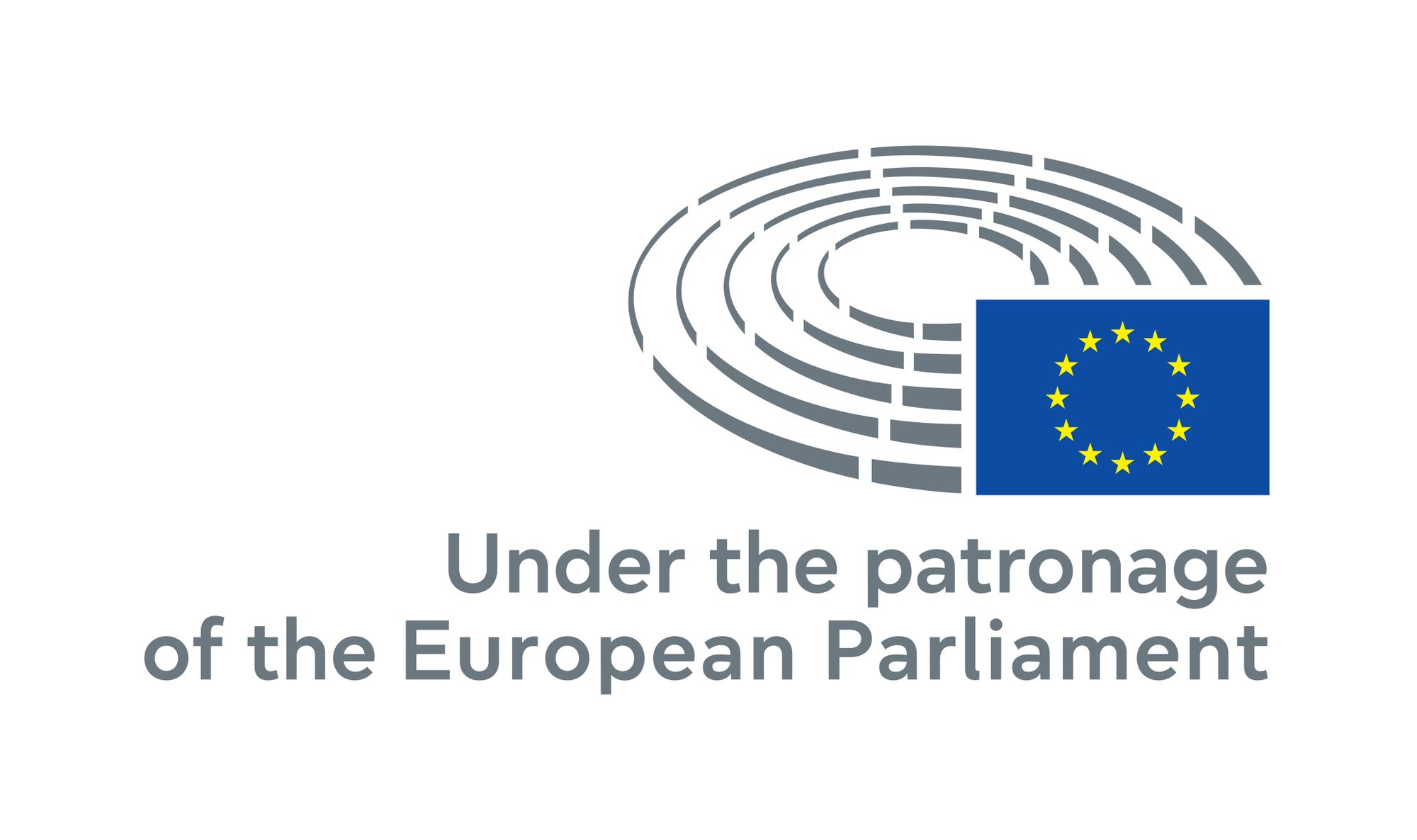
Forumul reprezintă, an de an, un model de succes în conectarea cetățenilor din România cu agenda europeană, fiind un for de dezbateri între decidenți la nivel european, național și local, societate civilă, jurnaliști, mediul de afaceri și mediul academic.
Partener principal
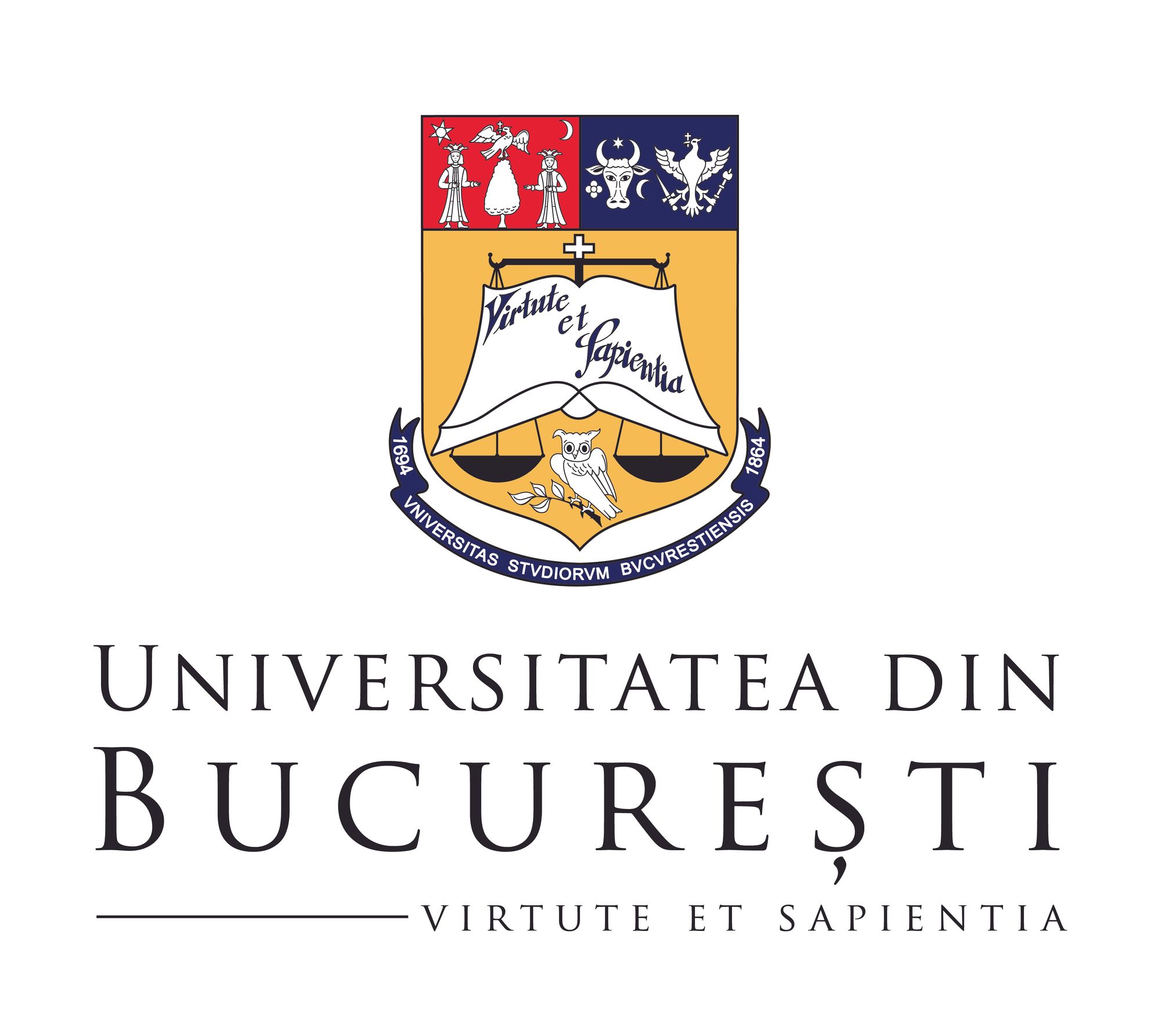
Partener logistic

Parteneri strategici

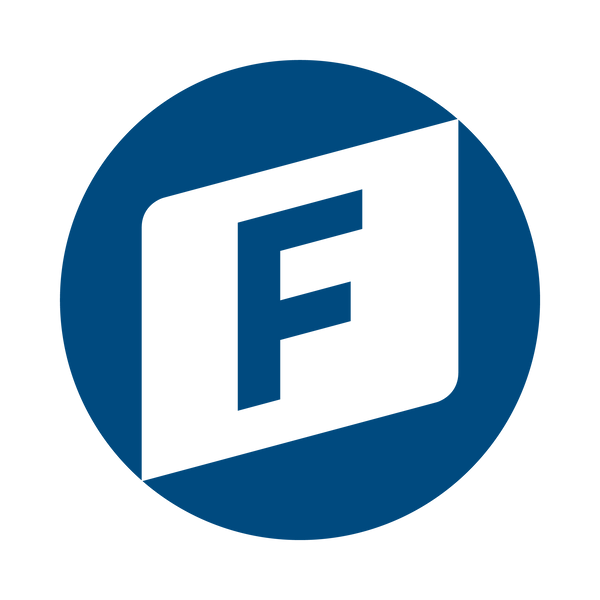

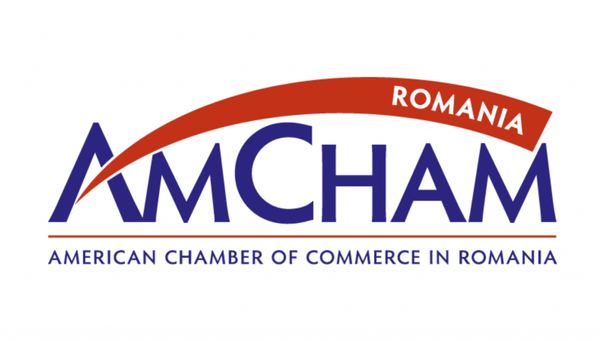
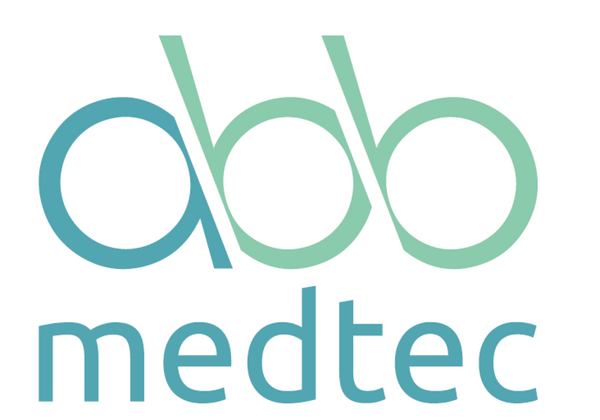

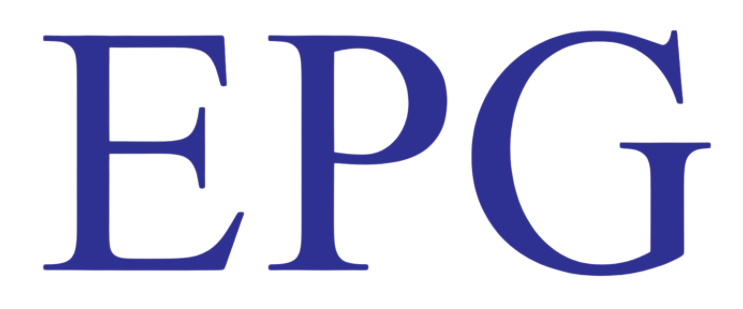
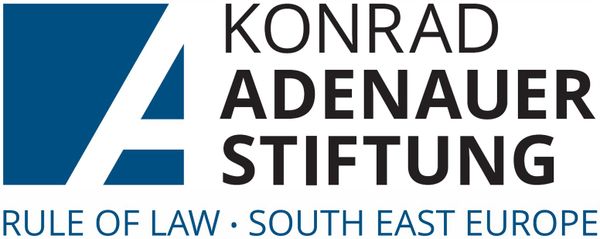
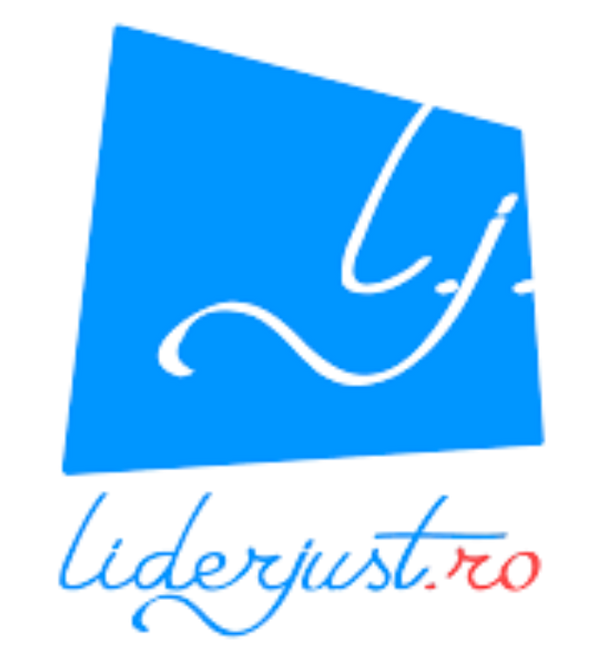
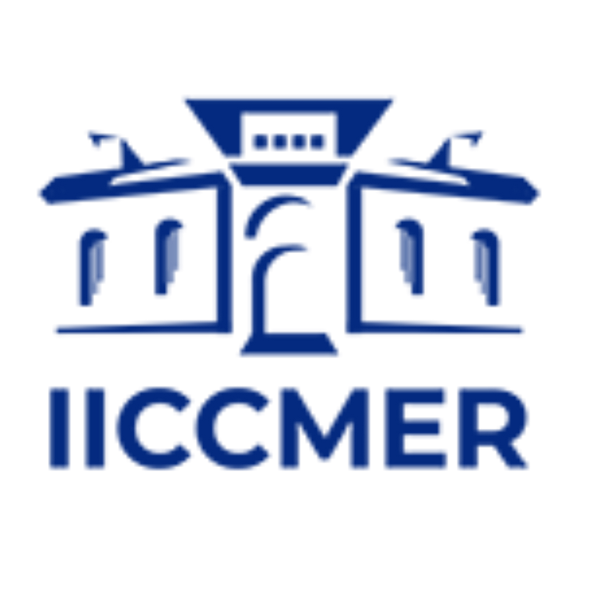
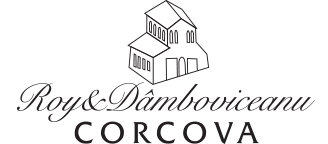
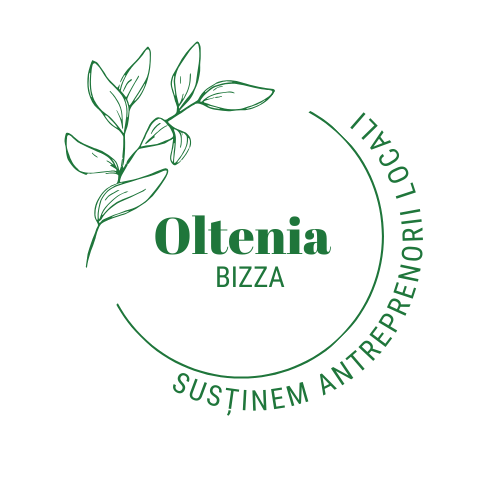

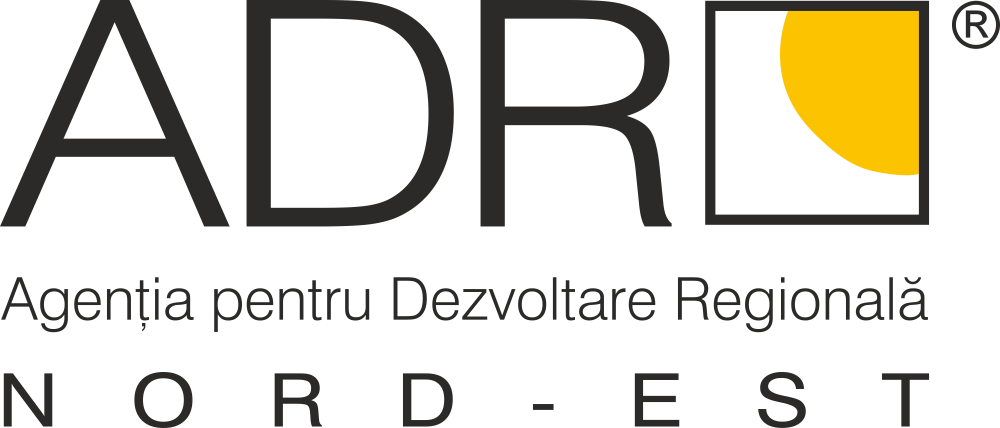
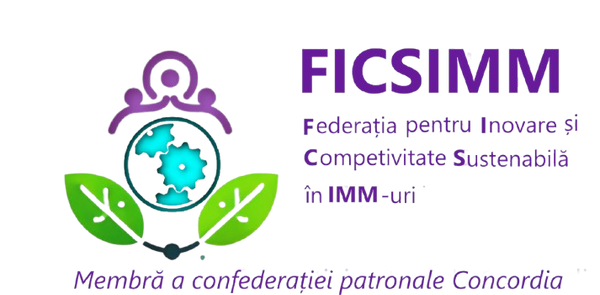
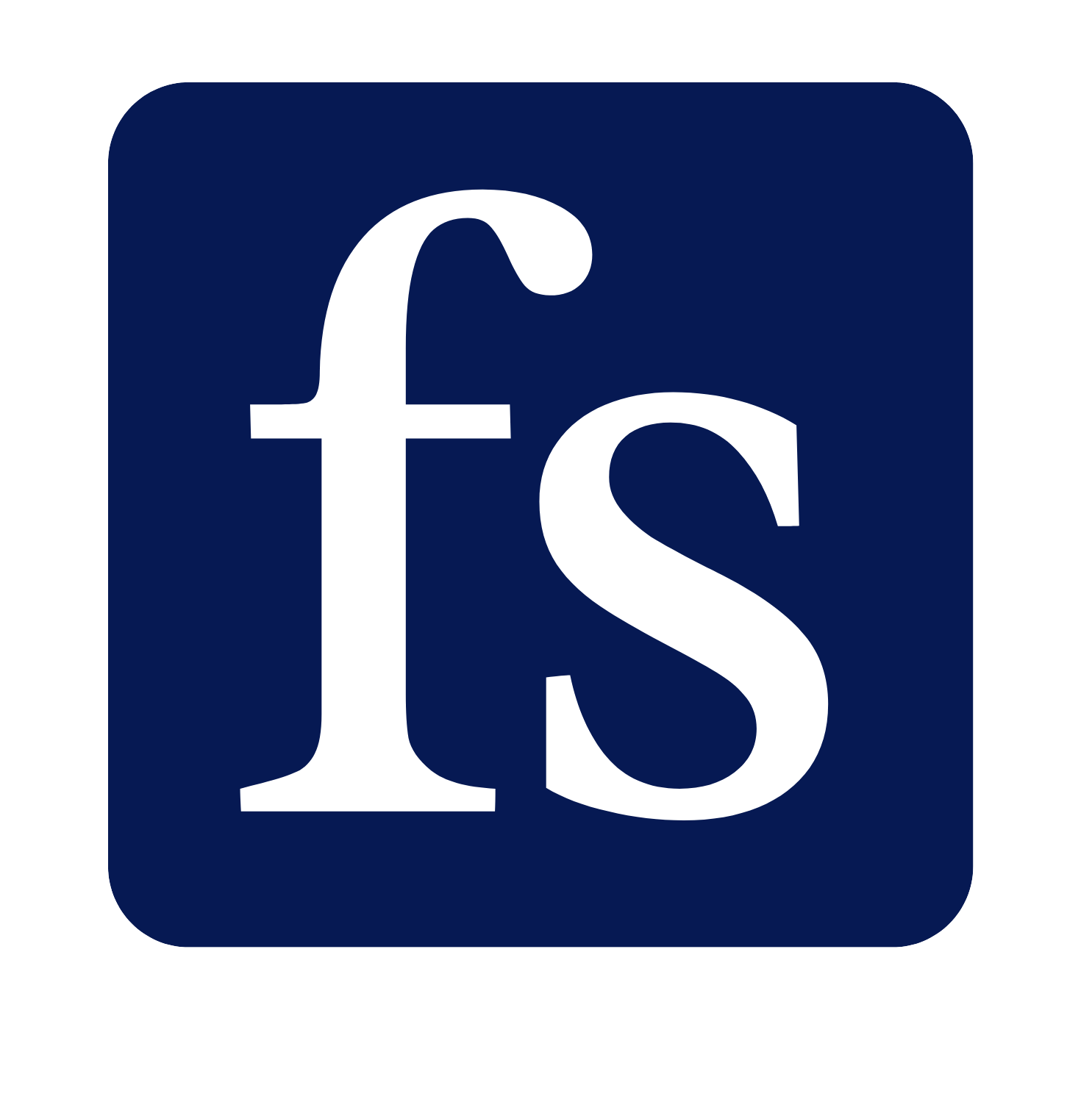
EUROSFAT 2025
Organizat de EUROPULS – CENTRUL DE EXPERTIZĂ EUROPEANĂ
România a împlinit, la începutul anului 2025, 18 ani de apartenență la UE. O vârstă care simbolizează maturitatea și care deschide oportunitatea pentru România de a juca rolul adultului de la masa liderilor europeni. O vârstă care vine cu mai multe responsabilități, cu asumarea unor decizii, cu o direcție și viziune clară pentru viitorul apropiat și cel îndepărtat. Majoratul României a început în incertitudine internă o dată cu vicierea procesului electoral, dar și cu multe necunoscute externe cauzate de noile poziționări ale marilor actori globali. Însă oportunitățile se văd la orizont, cu o Uniune Europeană axată pe a deveni mai competitivă, preocupându-se în continuare de drepturile și bunăstarea cetățenilor, sporindu-le competențele pentru a îi pregăti pentru provocările actuale și oferindu-le oportunități de dezvoltare profesională.
Sărbătorirea majoratului României în UE se poate realiza cel mai optim prin trecerea în revistă a realizărilor de până acum, dar și prin consolidarea poziției pe care România o are de reprezentat de acum încolo la nivel european. Provocările actuale cer răspunsuri rapide și vizionare ale UE, cer stabilirea unui parteneriat reconsolidat cu SUA, precum și resetarea relațiilor bilaterale cu țări similare în valori și interese economice cu România. Astfel, va sta România la masa liderilor ca un adolescent ignorat de cei mai în vârstă, sau va demonstra maturitate și își va asuma un rol strategic?
Europuls propune aceste teme de discuție în cadrul celei de-a 13-a ediții a Forumului EUROSFAT.
EUROSFAT 2025 – Majoratul României în UE
Pe 22 septembrie, Bucureștiul găzduiește o ediție specială EUROSFAT, dedicată celor 18 ani de apartenență a României la Uniunea Europeană. Sub patronajul Parlamentului European, Comisiei Europene și Președinției Consiliului UE, forumul aduce împreună lideri europeni și naționali, experți, mediul academic, societatea civilă și mediul privat pentru a dezbate provocările și oportunitățile următorului deceniu european.
Temele centrale vor include transportul și logistica sustenabilă, viitorul buget al Uniunii, educația noilor generații, implementarea PNRR, inteligența artificială, tranziția verde și protejarea pluralismului democratic. Prin sesiuni plenare, mese rotunde și workshopuri, EUROSFAT 2025 reafirmă rolul României ca hub de dialog european și oferă participanților ocazia de a construi parteneriate durabile.
Ediția XIII - EUROSFAT 2025
Majoratul României în UE
22 septembrie 2025 București
1
Zi
35+
Vorbitori
8
Sesiuni
Ceremonia oficială de deschidere
Vorbitori
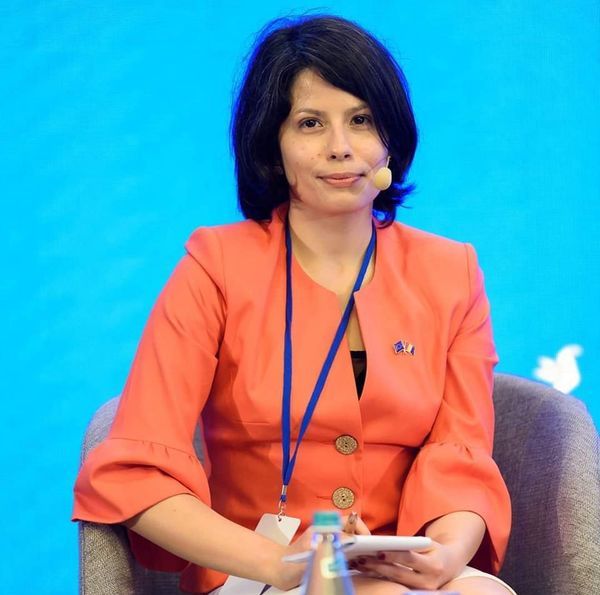
Tana Foarfă
Director Executiv, Europuls
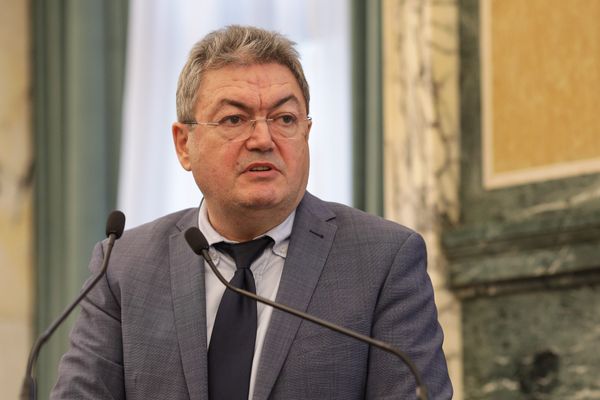
Prof. univ. dr. Marian Preda
Rector, Universitatea din București
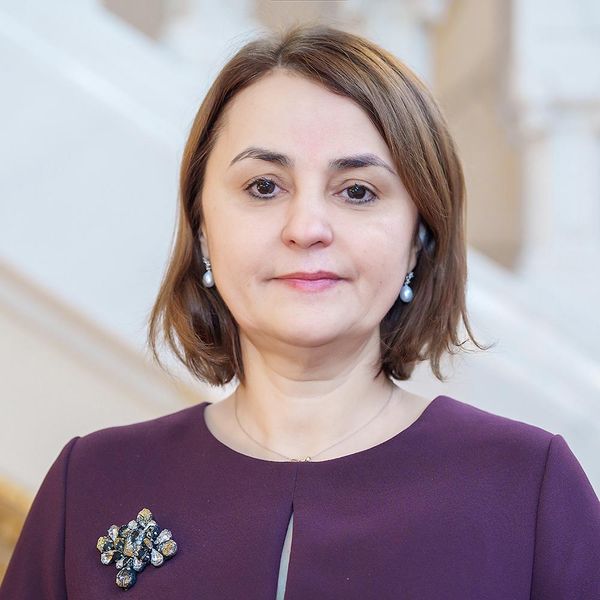
Luminița Odobescu
Consilier Prezidențial pentru Afaceri Europene
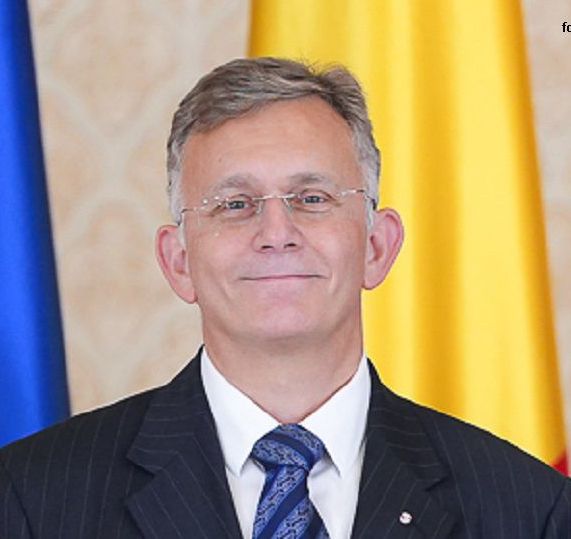
E.S. Uffe A. Balslev
Ambasadorul Regatului Danemarcei în România
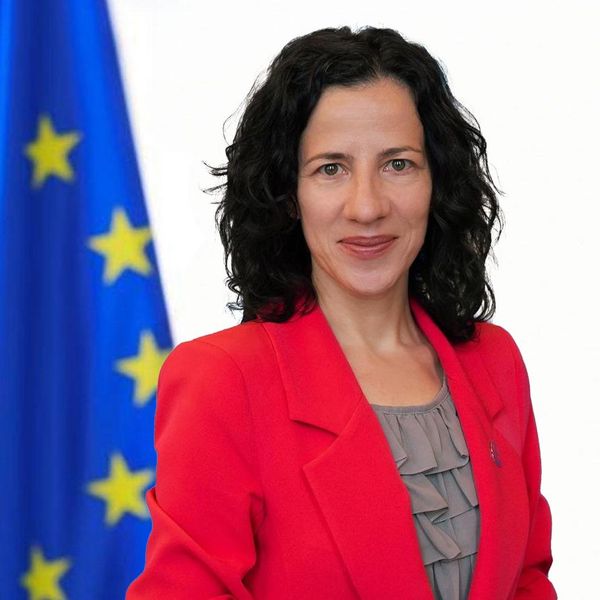
Roxana Mînzatu
Vicepreședinta executivă a Comisiei Europene - Anunț
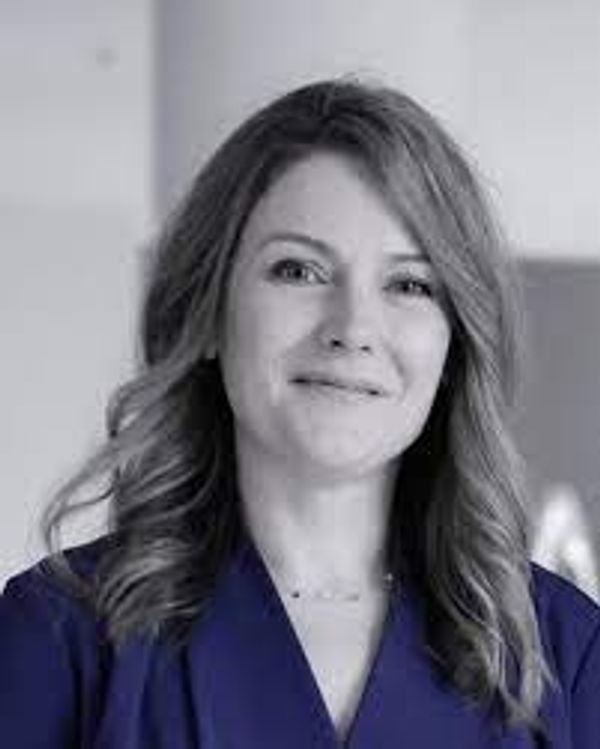
Mara Roman
Șefa adjunctă a Reprezentanței Comisiei Europene în România
Sesiune plenară: Aderarea României la OCDE - mituri și realități
Vorbitori
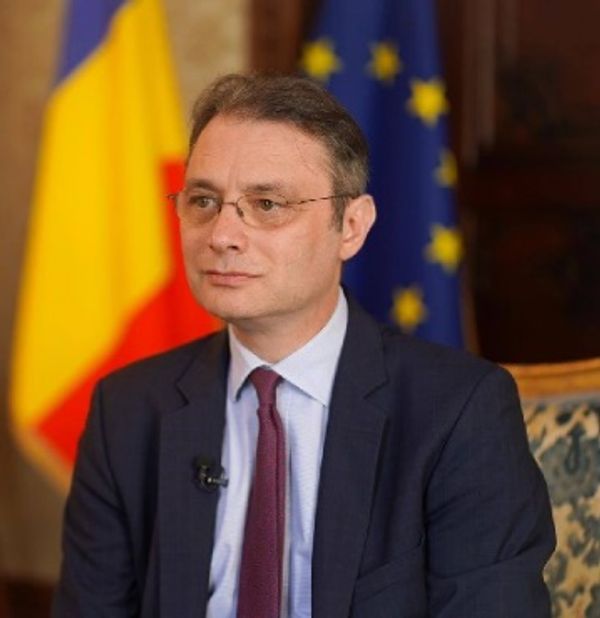
Luca Niculescu
Secretar de stat și Coordonator Național pentru Procesul de Aderare a României la OCDE în cadrul Ministerului Afacerilor Externe

Tana Foarfă
Director Executiv, Europuls

Francesca Cristea
Head of Policy & Programs, Europuls
I. De la vulnerabilitate la avantaj: transport și logistică sustenabilă în CEE
Într-o Europă aflată între tranziția verde și noile realități geopolitice, infrastructura de transport și logistică devin factori-cheie ai competitivității. Regiunea Central-Est Europeană (CEE), aflată la intersecția coridoarelor comerciale majore dintre Vest, Est și Sud, are un potențial strategic uriaș, dar și vulnerabilități majore: infrastructură insuficient modernizată, fragmentare de reglementări și dependență de combustibili fosili. În același timp, comerțul regional este pus sub presiune de standardele de sustenabilitate, de noile reglementări europene (Fit for 55, CBAM) și de competiția globală pentru lanțuri logistice mai scurte, mai digitale și mai verzi. Cum poate CEE să transforme provocările actuale într-un avantaj competitiv prin transport și logistică sustenabilă și, în acest proces, să devină un hub logistic și comercial al Europei, evitând riscul de a rămâne doar o piață de tranzit între Vest și Est?
Co-organizatori

Vorbitori
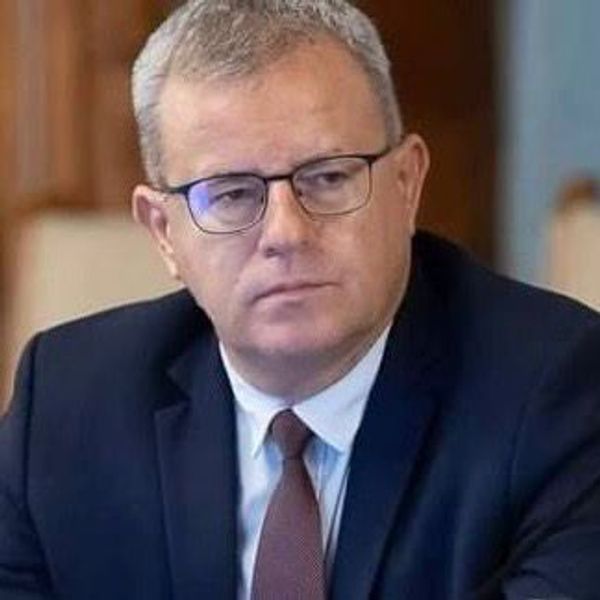
Ionuț Săvoiu
Secretar de Stat, Ministerul Transporturilor și Infrastructurii
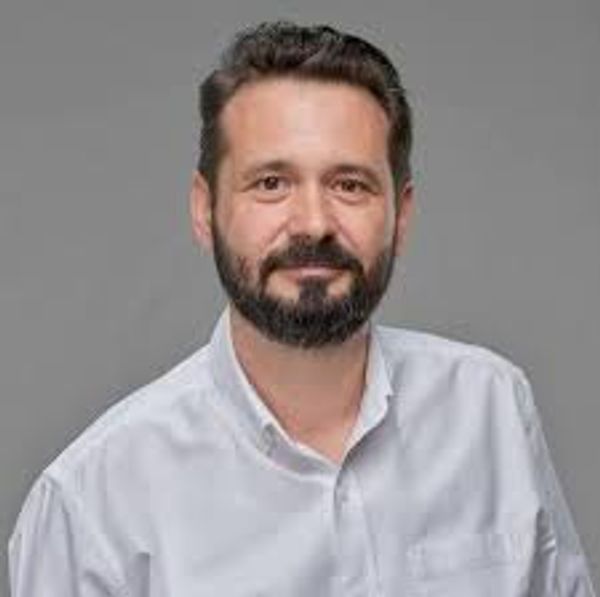
Mihai Coteț
Vicepreședinte al Biroului Permanent al Senatului României
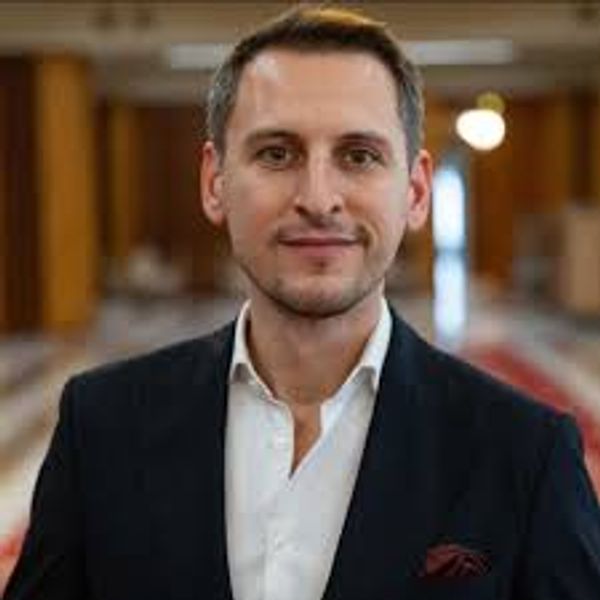
George Gima
Vicepreședinte în Comisia pentru Cultură și Media, Camera Deputaților
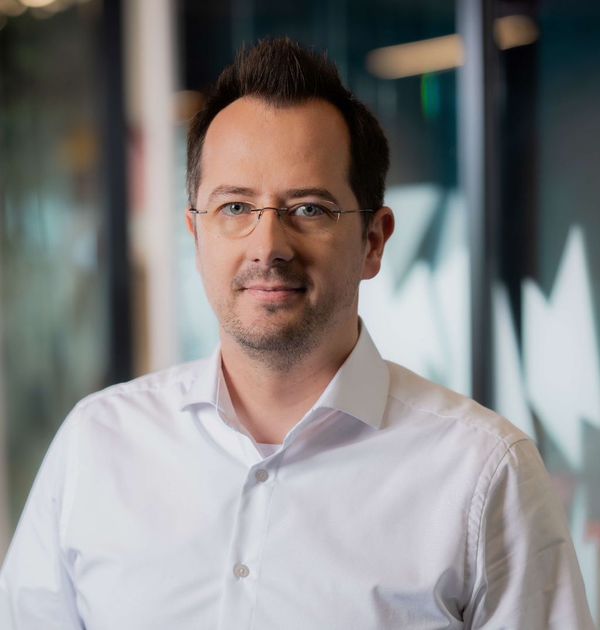
Lucian Baltaru
CEO, Sameday
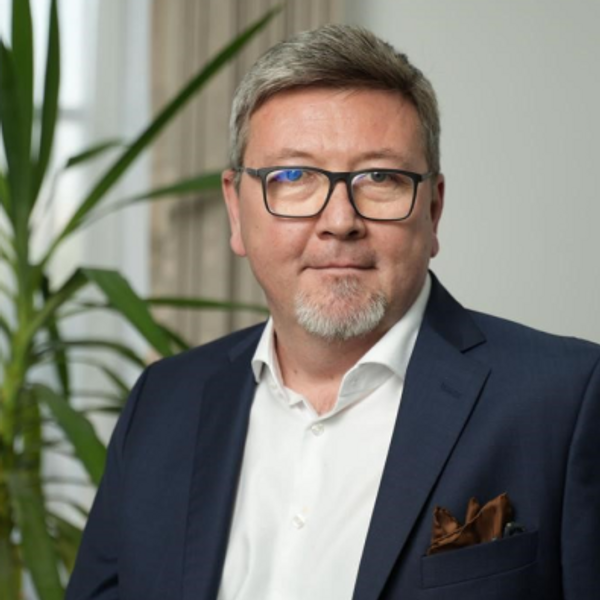
Dan-Virgil Pascu
Vicepreședinte, Consiliul Concurenței
Moderator
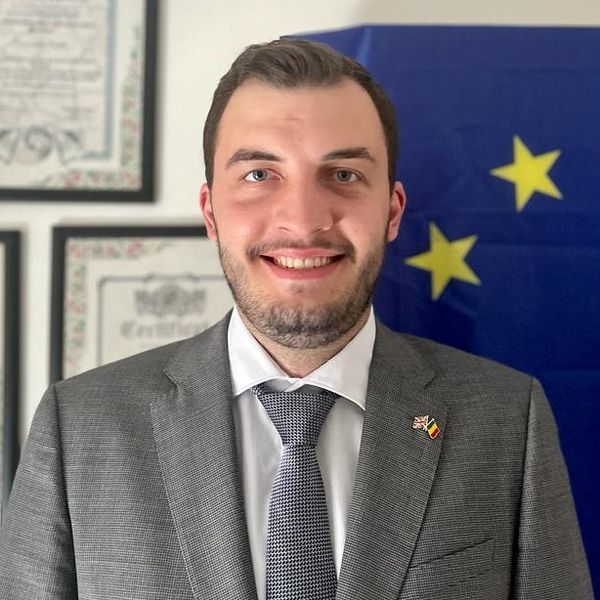
Corneliu Coteț
Expert afiliat Europuls
12.00 - 13.30: Pauză de prânz
II. Masă rotundă: Următorul Cadrul Financiar Multianual- dezvoltarea de la nivel local la nivel național
Propunerea Comisiei Europene pentru Cadrul Financiar Multianual (CFM) 2028-2034 marchează un nou capitol în dezvoltarea Uniunii și a statelor membre, cu un buget evaluat la 2000 de miliarde de euro, aproape dublu față de exercițiul anterior. Cu schimbări majore, atât de structură, cât și de paradigmă, viitorul CFM are ca priorități securitatea, apărarea și competitivitatea Uniunii Europene. Masa rotundă dorește să anticipeze discuțiile deja lansate în spațiul public de la Bruxelles în urma propunerii publicate de Comisia Europeană pe 16 iulie. Astfel, împreună cu participanți cu expertiză și relevanță în discuții, masa rotundă pregătește România pentru negocierile ce vor urma privind bugetul pe 7 ani al UE, având alături membri ai Parlamentului European, ai Comisiei Europene, decidenți la nivel european, național și local, dar și parteneri sociali și de business în realizarea proiectelor de anvergură prin fonduri europene.
Co-organizatori
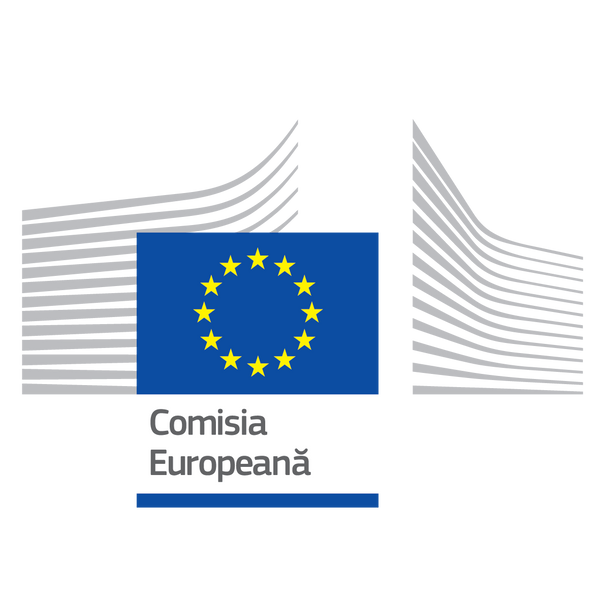

Parteneri

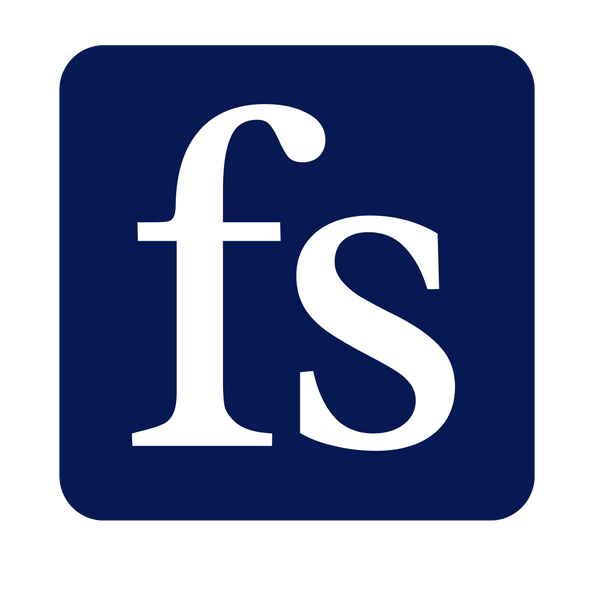
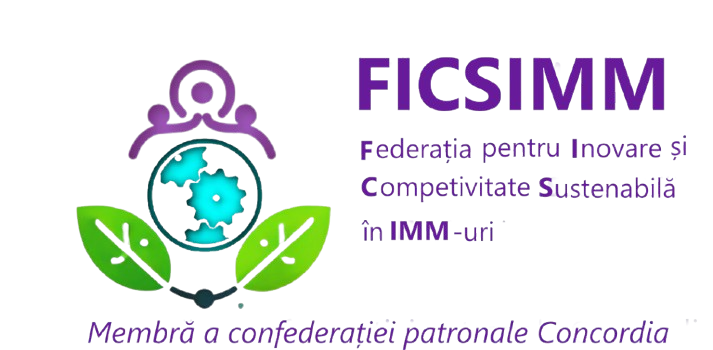
Vorbitori
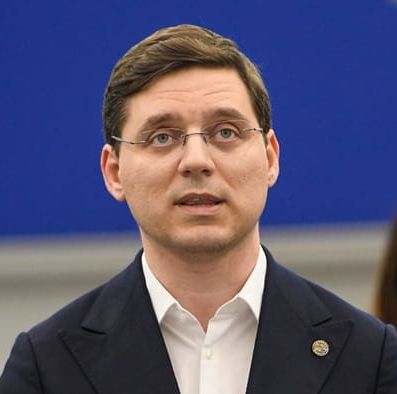
Victor Negrescu
Vicepreședinte al Parlamentului European (S&D) (intervenție online)
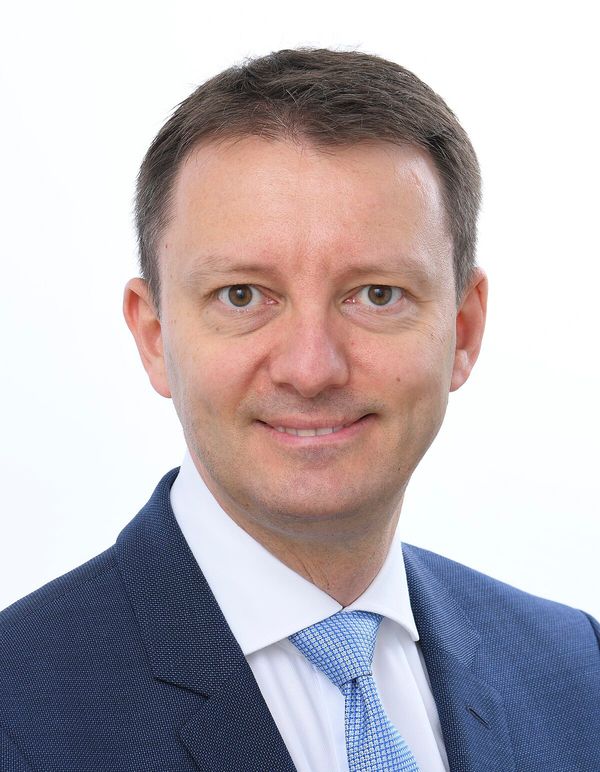
Siegfried Mureșan
Membru al Parlamentului European (PPE), raportor al Cadrului Financiar Multianual
(intervenție online)
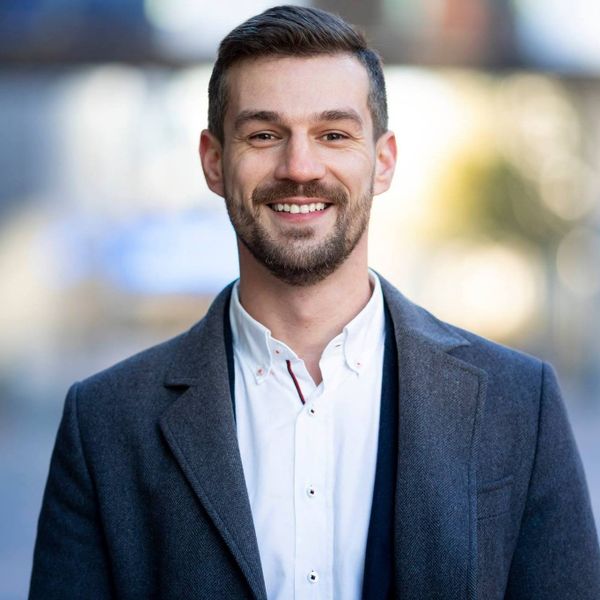
Andrei Ion
Director adjunct de unitate, Cheltuieli pentru coeziune și politica agricolă comună, DG BUDG
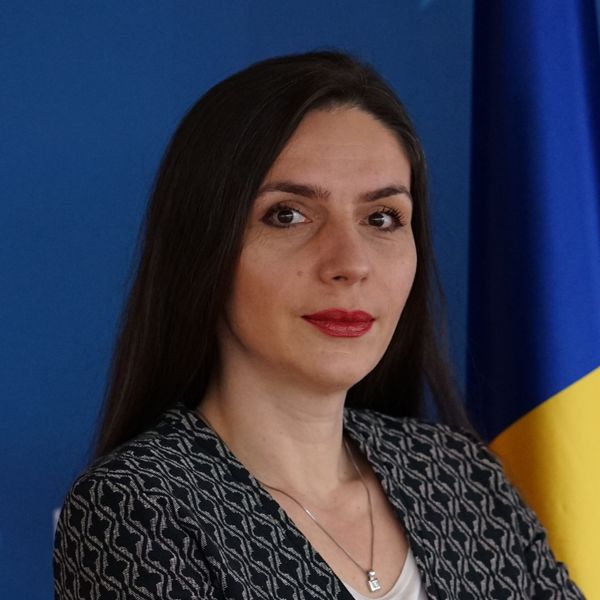
Clara Staicu
Secretar de Stat pentru Afaceri Europene, Ministerul Afacerilor Externe

Ovidiu Cîmpean
Vicepreședinte al Comisiei pentru afaceri europene, Camera Deputaților
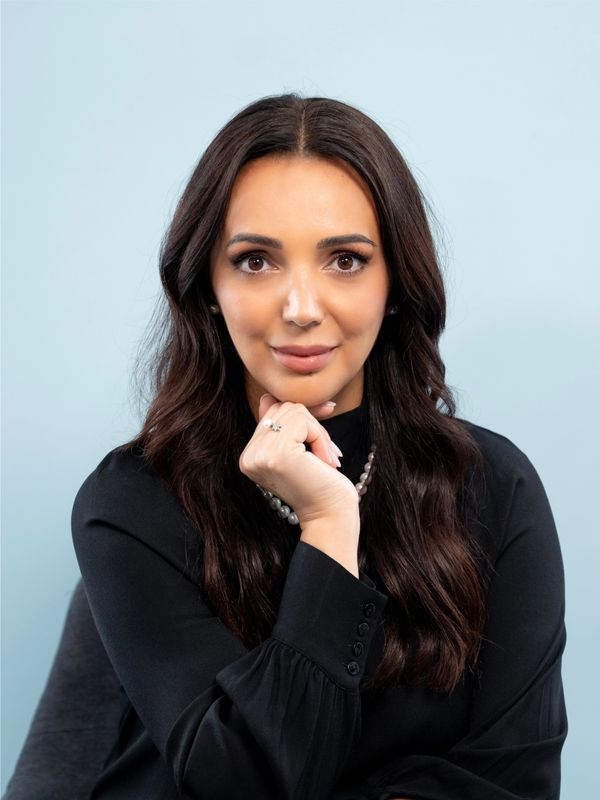
Corina Ene
Deputat, Parlamentul României
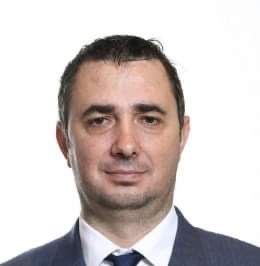
Florian Marin
Secretar confederal al Blocului Național Sindical
Vicepreședinte al Grupului II „Lucrători”, Comitetului Economic și Social European
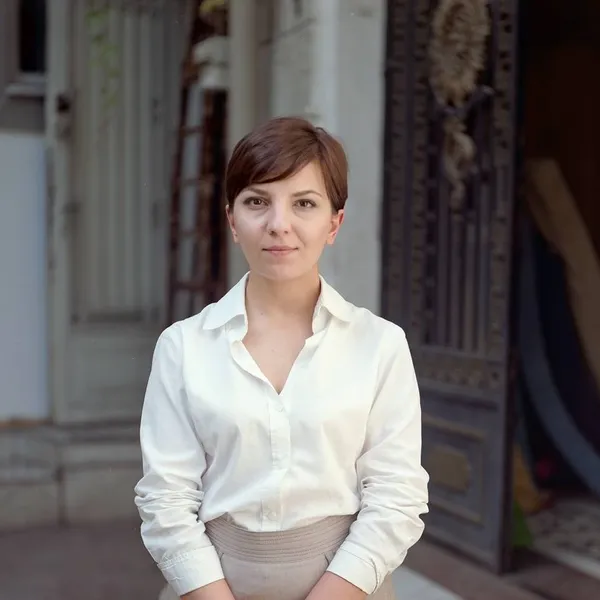
Elena Calistru
Președinte, Funky Citizens
Membru, Comitetul Economic și Social European
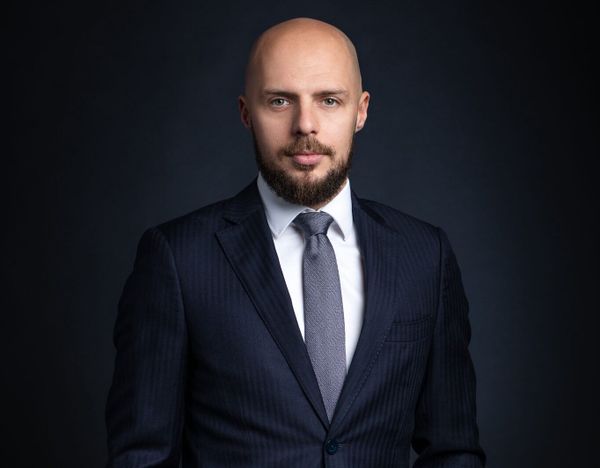
Cristian Pelivan
Directorul Asociației Române a Magazinelor Online (ARMO)
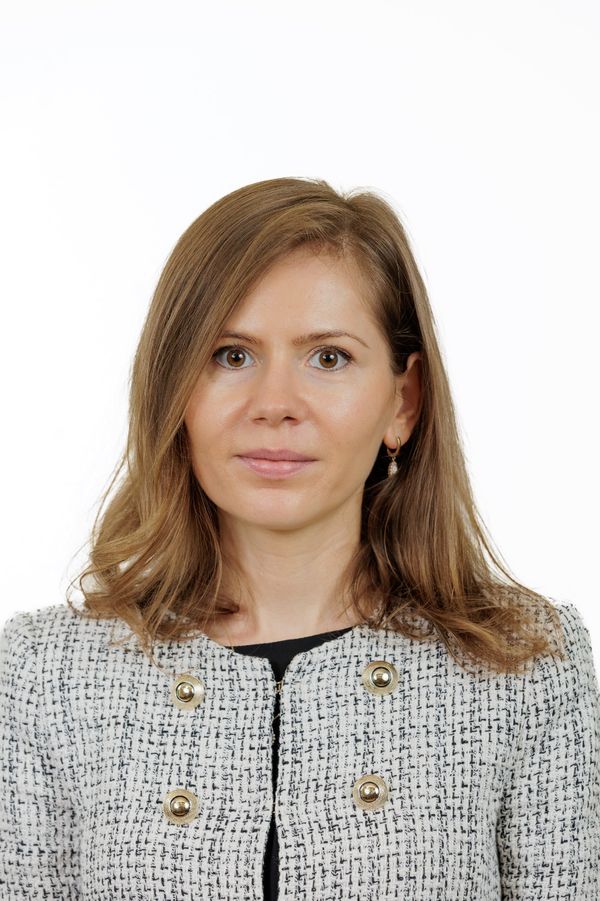
Sabina Strîmbovschi
Senior Researcher in Industrial Decarbonisation, Energy Policy Group
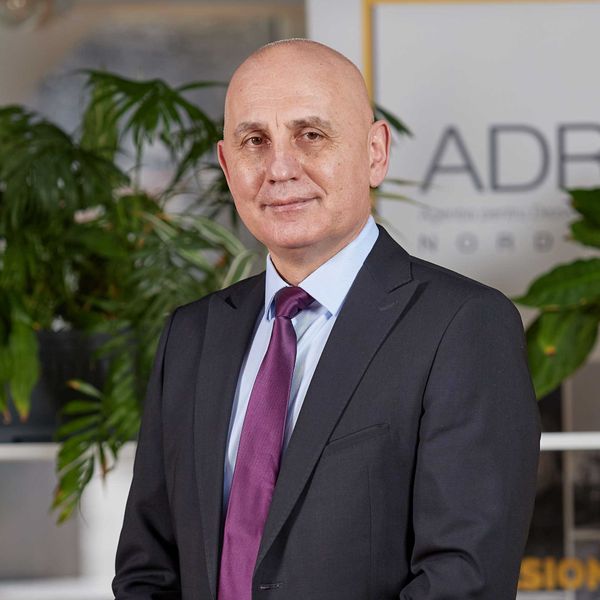
Vasile Asandei
Director General, Agenția pentru Dezvoltare Regională Nord - Est
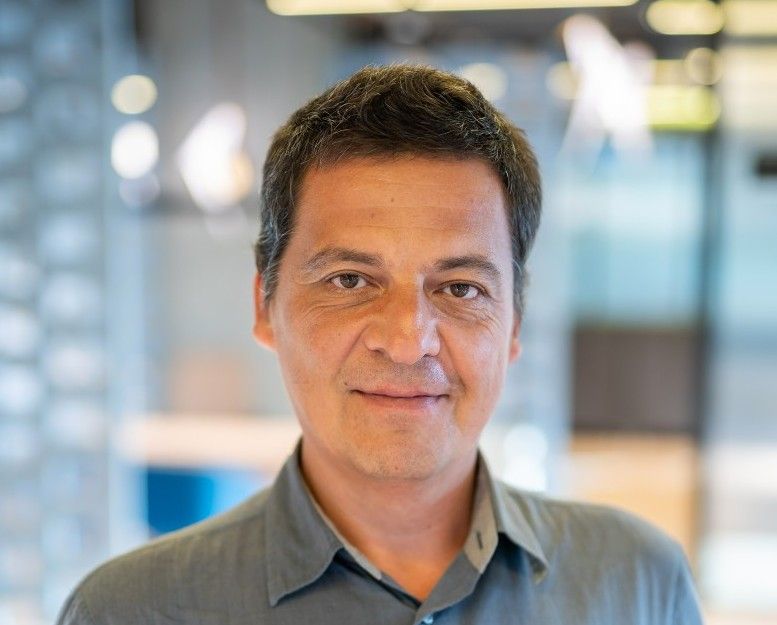
Dragoș Jaliu
Fondator, fonduri-structurale.ro
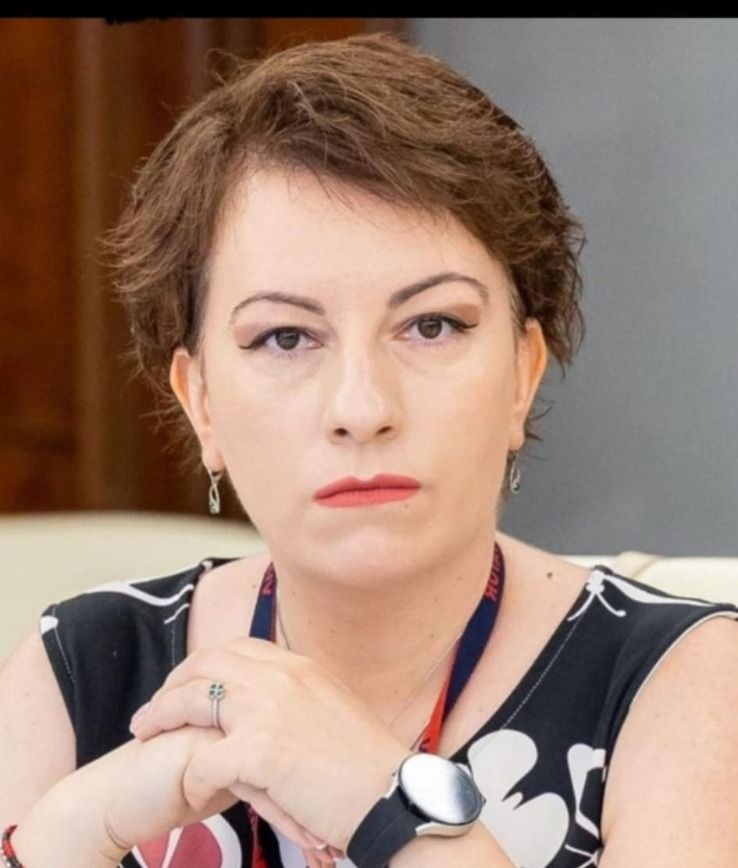
Ana Maria Icătoiu
Vicepreședintă, Federația pentru Inovare și Competitivitate Sustenabilă în IMM-uri (FICSIMM)
Moderator

Francesca Cristea
Head of Policy & Programs, Europuls
III. Educația noilor generații românești - de la nostalgie la competențe noi
Într-un peisaj social și politic complex, este esențial să discutăm despre modul în care tinerii își dobândesc astăzi competențele necesare realității de afară, în cadrul sistemului educațional. Vom explora modalitățile prin care educația democratică și civică, atât formală, cât și nonformală, poate cultiva cetățeni critici și implicați. Vom analiza metode inovatoare prin care tinerii pot înțelege și exercita drepturile și responsabilitățile lor, contribuind activ la societate. Un segment important al discuției va fi dedicat modului în care educația poate contracara narativele istorice distorsionate și combate nostalgia comunismului, asigurând o înțelegere clară a valorilor democratice și a libertăților fundamentale. Vom sublinia, de asemenea, importanța educației nonformale și a procesului de învățare continuă în dezvoltarea competențelor esențiale pentru noile generații, precum adaptabilitatea, gândirea antreprenorială, reziliența la dezinformare și capacitatea de a se autodezvolta pe tot parcursul vieții.
Co-organizator
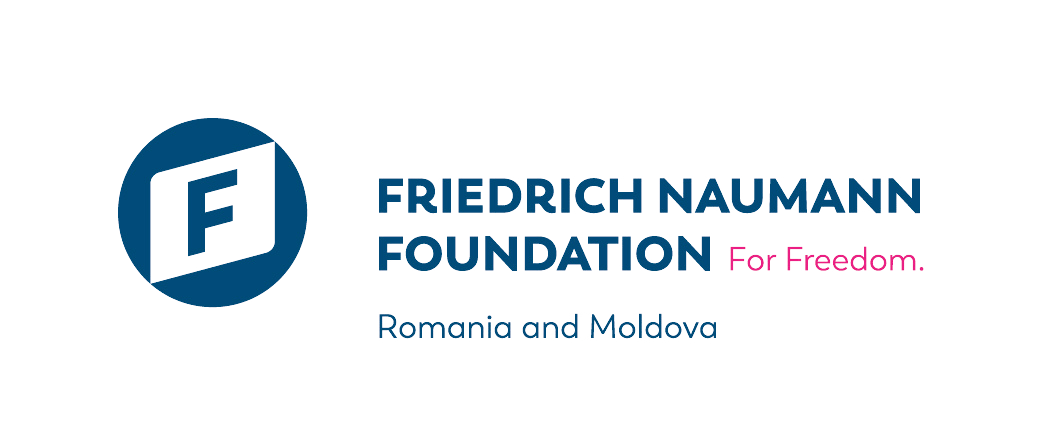

Vorbitori
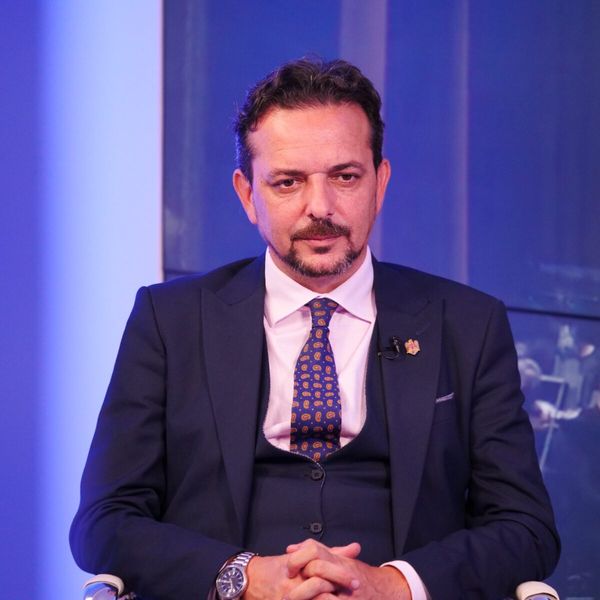
Dr. Daniel Șandru
Președinte Executiv, IICCMER
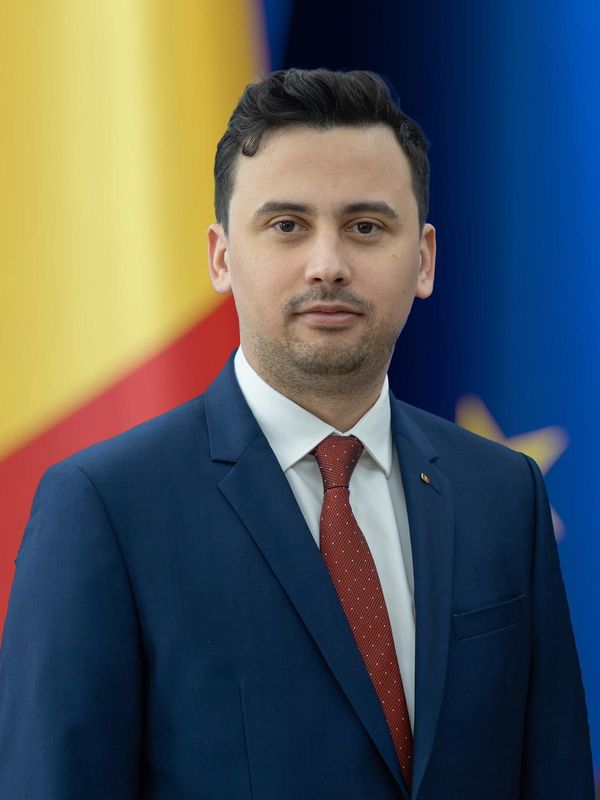
Mihai Ghigiu
Președintele Comisiei pentru Învățământ, Camera Deputaților
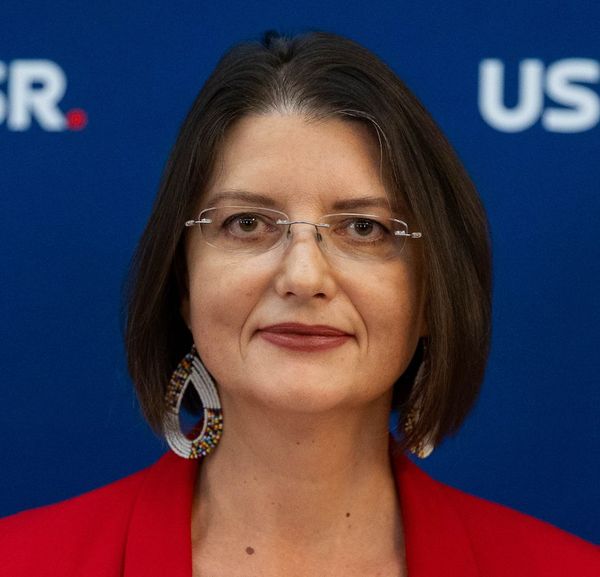
Corina Atanasiu
Deputată, Parlamentul României
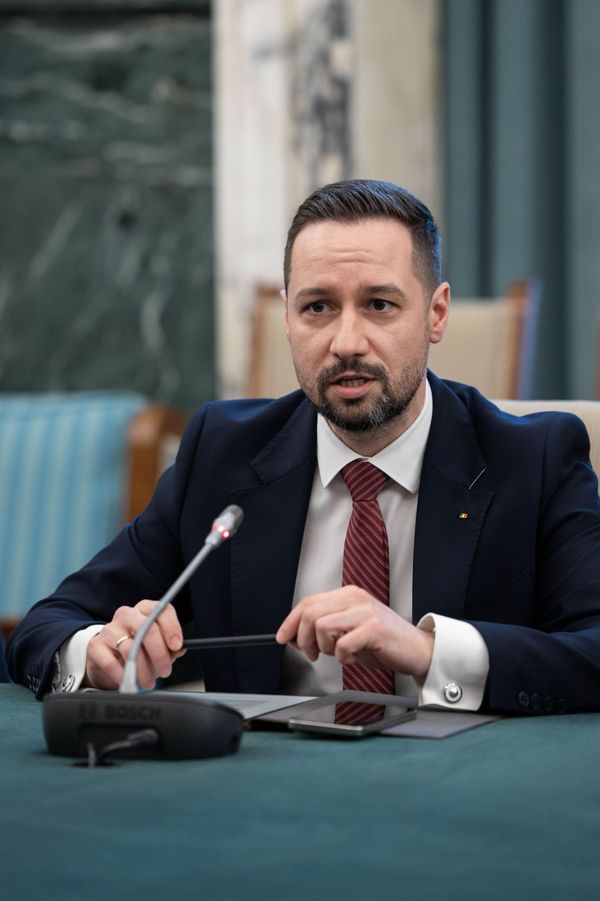
Ciprian Văcaru
Consilier al Ministrului Muncii, Familiei, Tineretului și Solidarității Sociale
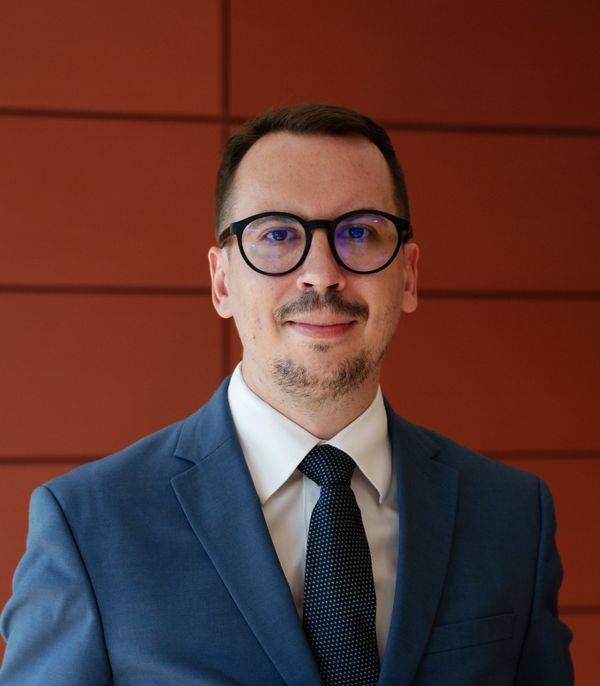
Marius Deaconu
Lector, Facultatea de Istorie, Universitatea din București
Moderator
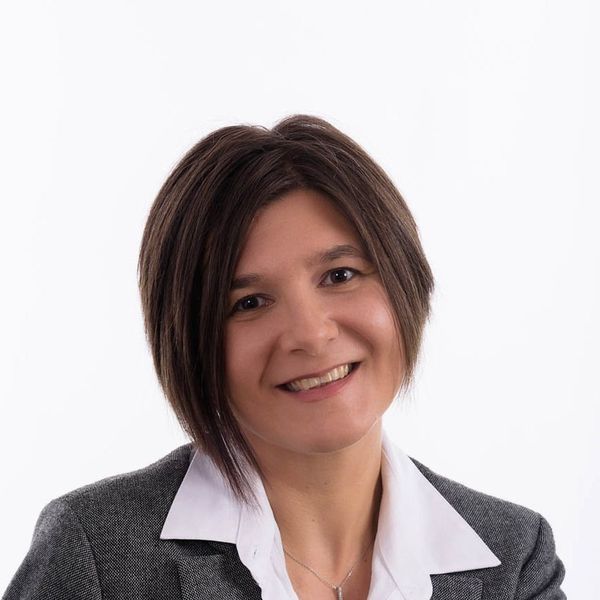
Adriana Șteau
Project Coordinator, Friedrich Naumann Foundation
15.00 - 15.30: Pauză de cafea
IV. PNRR pe ultima sută de metri - cursa contra cronometru
Planul Național de Redresare și Reziliență (PNRR), instrumentul european post-Covid menit să ne ajute să facem reforme și investiții în șase domenii-cheie, a fost, pe rând, un plan de țară, o oportunitate, o obsesie și mai apoi un test pe care ne zbatem, pe ultima sută de metri, să îl trecem. Mediatizarea, și pozitivă, dar și critică a PNRR-ului, a fost utilă, întrucât a devenit rapid cea mai cunoscută finanțare de care beneficiază România, după fondurile de coeziune. Astăzi, suntem la un an distanță de încheierea acestui exercițiu și este un moment oportun să tragem linie și să spunem ce blocaje mai există, cu câte granturi și câte împrumuturi rămâne România la finalul PNRR, cu ce reforme și investiții rămân cetățenii din PNRR, dar și ce lecții am învățat din experiența PNRR și cum ne vor ajuta acestea să gestionăm mai bine fondurile europene.
Vorbitori
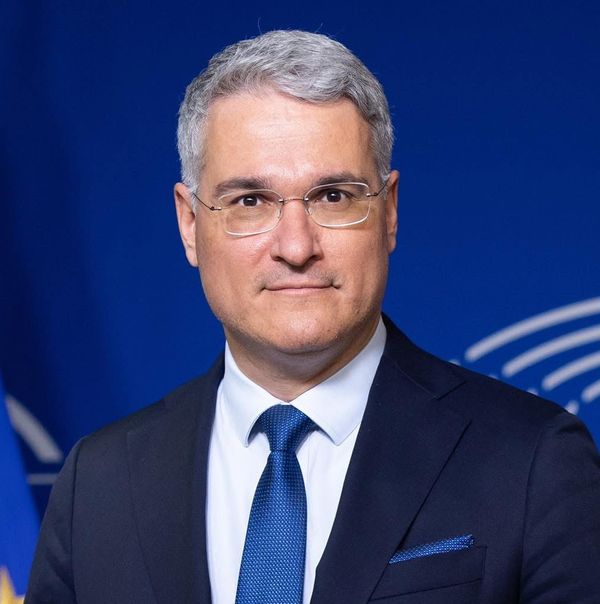
Dragoș Pîslaru
Ministrul Investițiilor și Proiectelor Europene

Siegfried Mureșan
Membru al Parlamentului European (PPE), raportor al Cadrului Financiar Multianual
(intervenție online)
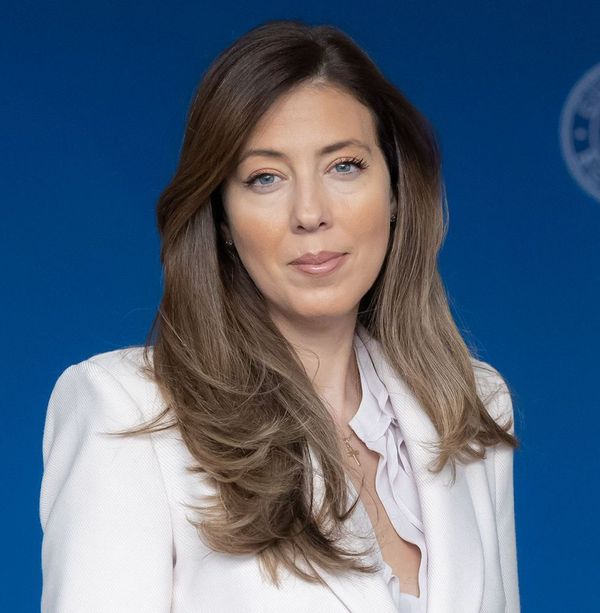
Teodora Preoteasa
Director pentru Administrarea Fondurilor Europene la Banca de Investiții și Dezvoltare

Ana Maria Icătoiu
Vicepreședintă, Federația pentru Inovare și Competitivitate Sustenabilă în IMM-uri (FICSIMM)
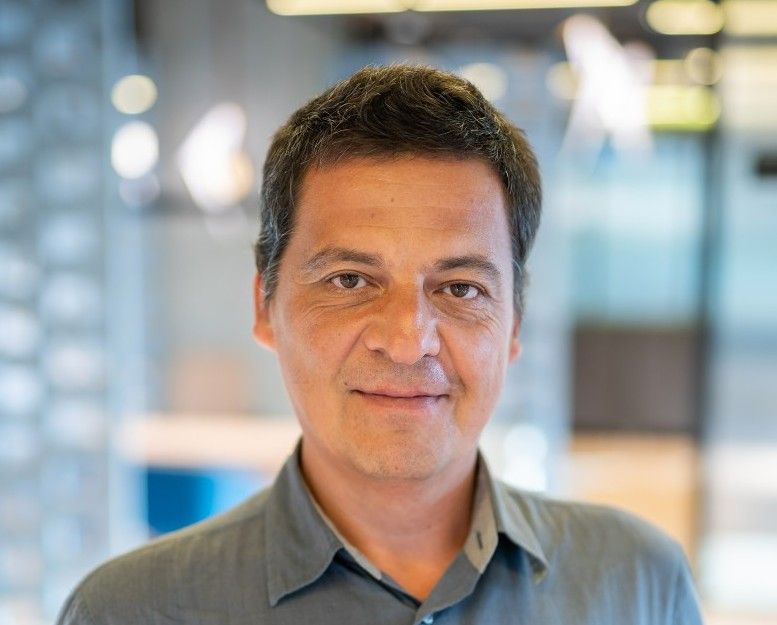
Dragoș Jaliu
Fondator, fonduri-structurale.ro
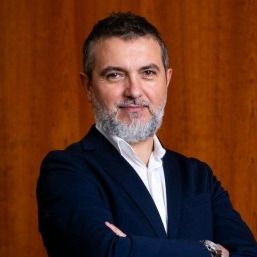
Marius Vasiliu
Monitorpnrr.ro
Intervenții din partea membrilor Comitetului de Monitorizare PNRR
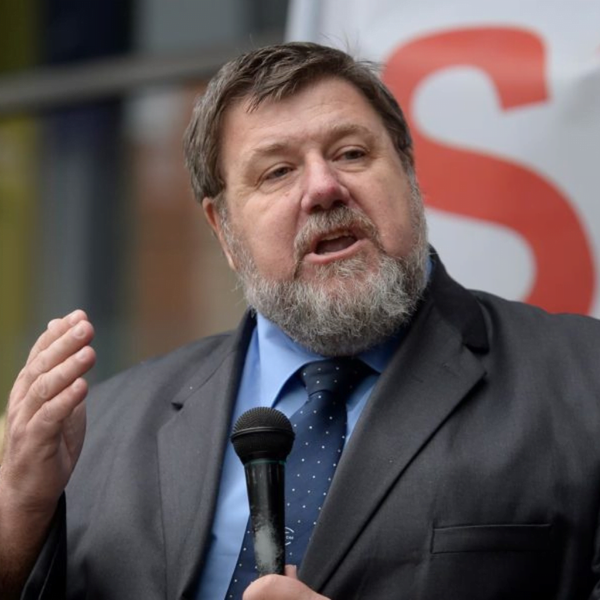
Bogdan Iuliu Hossu
Presedinte CNS "Cartel ALFA"
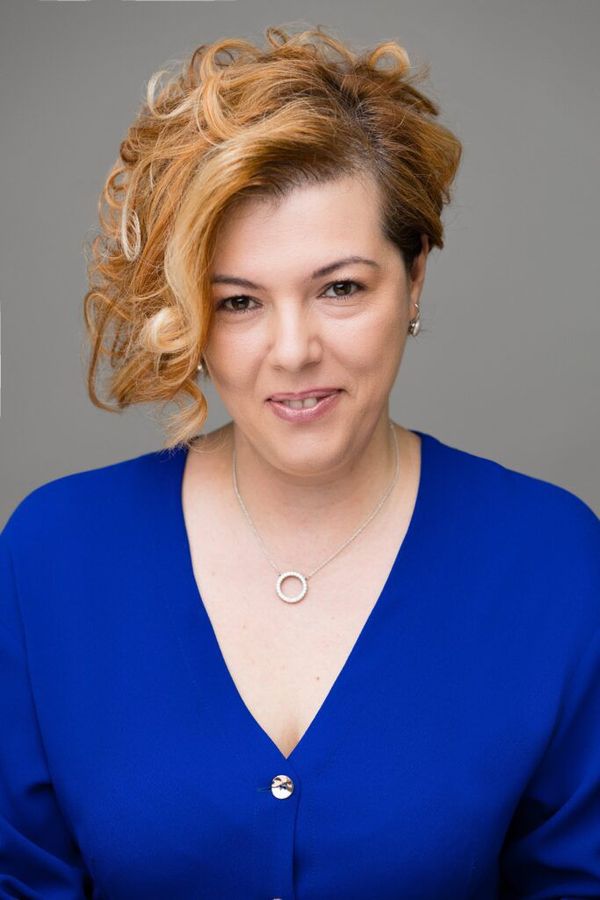
Lidia Capmare
Coordonatoare a grupului de lucru pentru fonduri europene, Confederatia Patronala Concordia
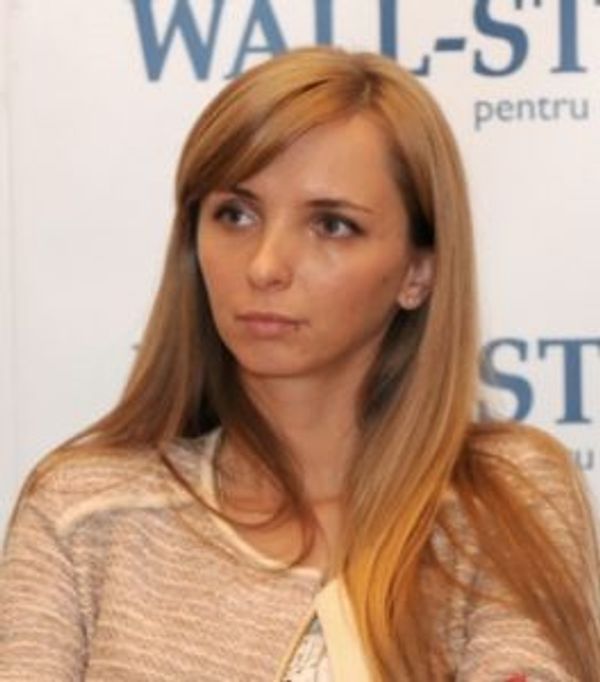
Irina Zugravu
Lider Grup de lucru pe Fonduri Europene al CCIFER
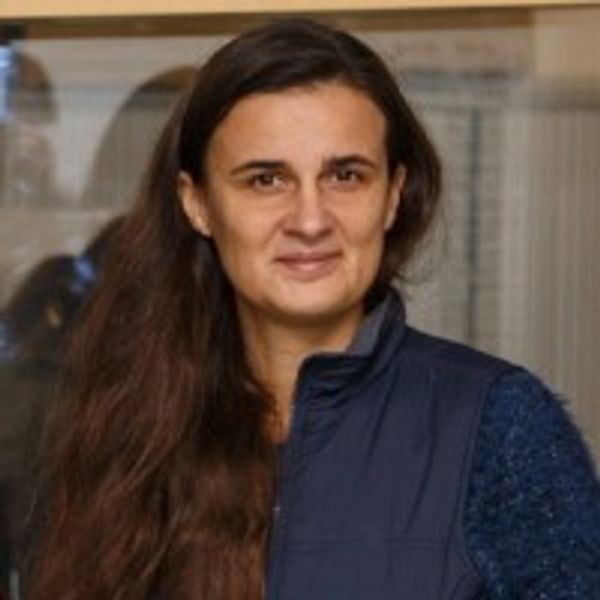
Raluca Șerbănică
Project Manager, WWF Romania
Moderator

Tana Foarfă
Director Executiv, Europuls - Centrul de Expertiză Europeană
V. Navigare prin EU ETS2: provocări, oportunități și rolul
Planului Social pentru Climă în România
O componentă centrală a acestui panel va fi rolul din ce în ce mai important al Planului Social pentru Climă, ca instrument pentru a oferi o tranziție justă tuturor cetățenilor afectați, plan din care partea României se ridică la aproximativ 6 miliarde de euro. Fondul ar sprijini în primul rând investițiile menite să reducă emisiile de gaze cu efect de seră din sistemele de încălzire și transportul rutier și, într-o măsură mai mică, sprijinul direct pentru venituri. Prin discuțiile noastre, ne propunem să oferim o imagine de ansamblu cuprinzătoare a ETS2 și a impactului său potențial asupra României. Vom analiza modul în care Fondul Social pentru Climă poate contracara efectele regresive asupra gospodăriilor, punând accent pe măsurile prevăzute în Planul Social pentru Climă al României. De asemenea, vom aborda modul în care Ministerul Proiectelor Europene și Investițiilor intenționează să identifice și să sprijine grupurile vulnerabile, prin investiții în sisteme de încălzire și transport rutier ecologice. Un alt punct central va fi informarea cetățenilor și rolul participării publice în procesul de elaborare a PSC.
Co-organizatori

Vorbitori
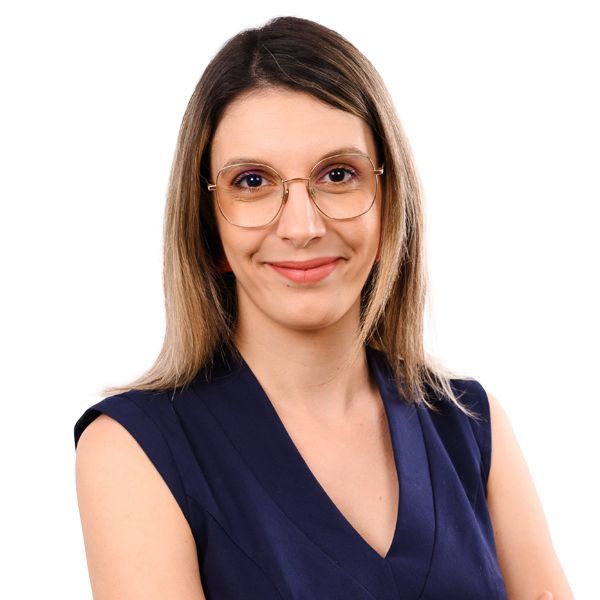
Diana Buzoianu
Ministra Mediului, Apelor și Pădurilor (Mesaj video)
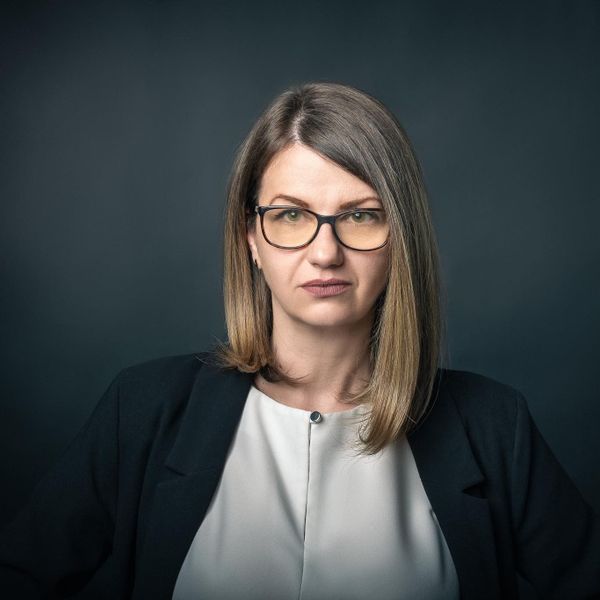
Elena Tudose
Secretar de Stat, Ministerul Mediului, Apelor și Pădurilor
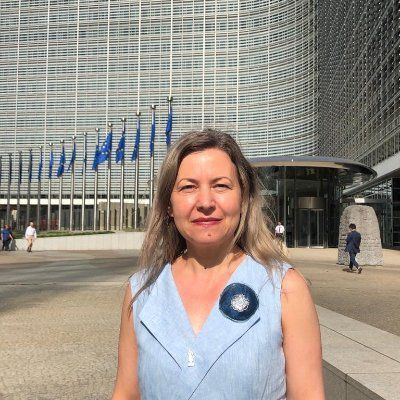
Raluca Painter
Șef de unitate, Direcția Generală Ocuparea Forței de Muncă, Afaceri Sociale și Incluziune, Comisia Europeană
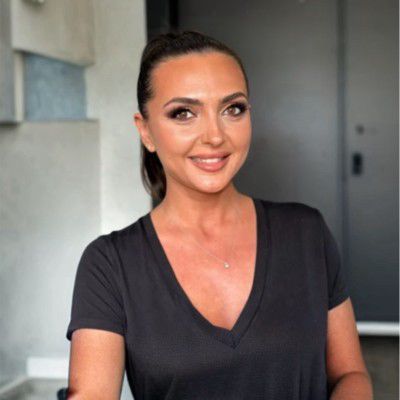
Ruxandra Chirilă
Director general adjunct, Ministerul Investițiilor și Proiectelor Europene
Moderator
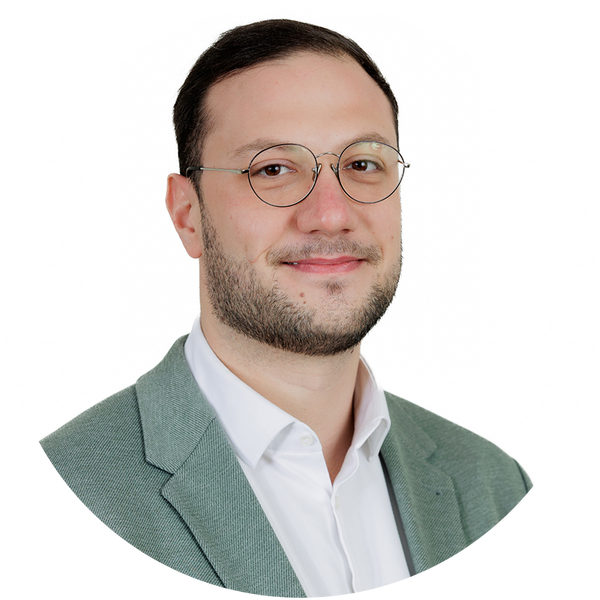
Mihnea Cătuți
Director Executiv, Energy Policy Group
VI. Pluralism și voci critice - noua directivă europeană anti-SLAPP
Societatea civilă și jurnaliștii se confruntă tot mai des cu litigii abuzive menite să intimideze și să reducă la tăcere vocile critice, preocupate de expunerea adevărului (SLAPPs). Pentru a contracara aceste practici, Uniunea Europeană a adoptat Directiva anti-SLAPP, un instrument juridic esențial pentru protejarea libertății de exprimare și, implicit, a pluralismului - valoare fundamentală a unei democrații funcționale. România se află în plin proces de transpunere a directive şi este necesară colaborarea societăţii civile şi a instituţiilor publice pentru ca transpunerea să fie una eficientă. Evenimentul va analiza limitele (actuale ale) transpunerii, impactul asupra jurnaliștilor și activiștilor, dar și soluțiile de advocacy propuse pentru îmbunătățirea legislației. Vom discuta cu persoane implicate direct în acest proces: reprezentanți ai societății civile, instituțiilor publice, mediului academic, precum și jurnaliști și activiști civici. Totodată, dezbaterea va prilejui lansarea Coaliției naționale anti-SLAPP, o inițiativă a Asociaţiei LiderJust pentru stabilirea unui cadru legal prin care organizațiile din domeniu să gestioneze fenomenul SLAPP pe termen lung.
Vorbitori
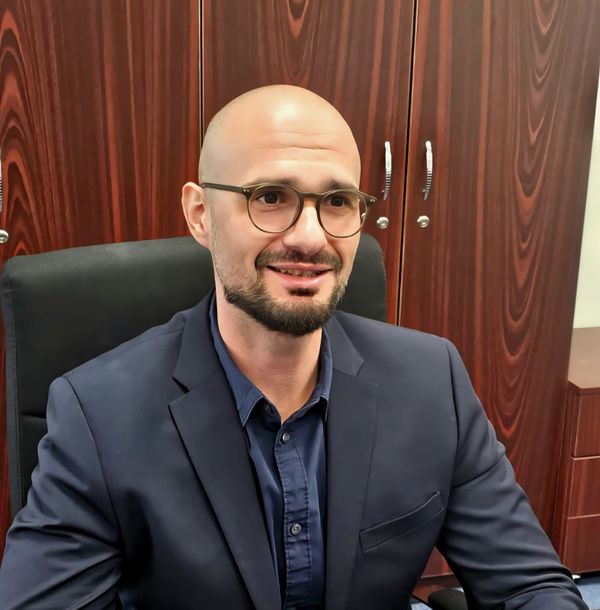
Alexandru Bălănescu
Consilier și purtător de cuvânt la Instituția Avocatul Poporului
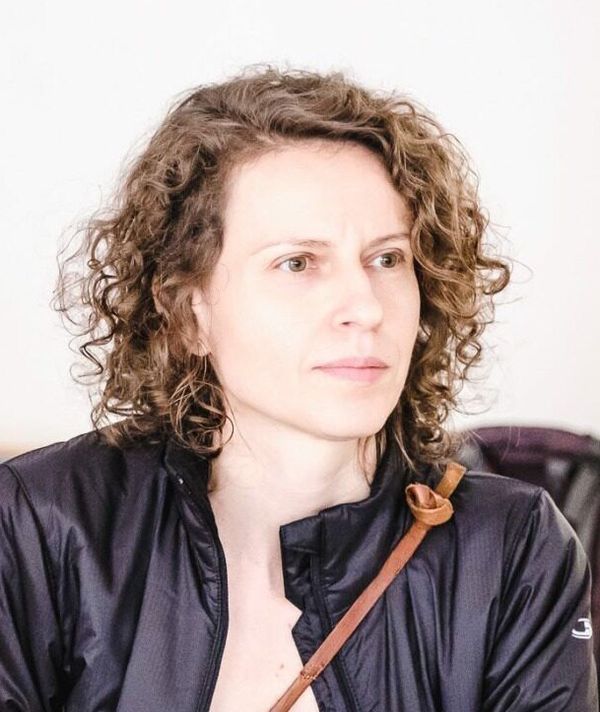
Liana Ganea
Președinte, Active Watch
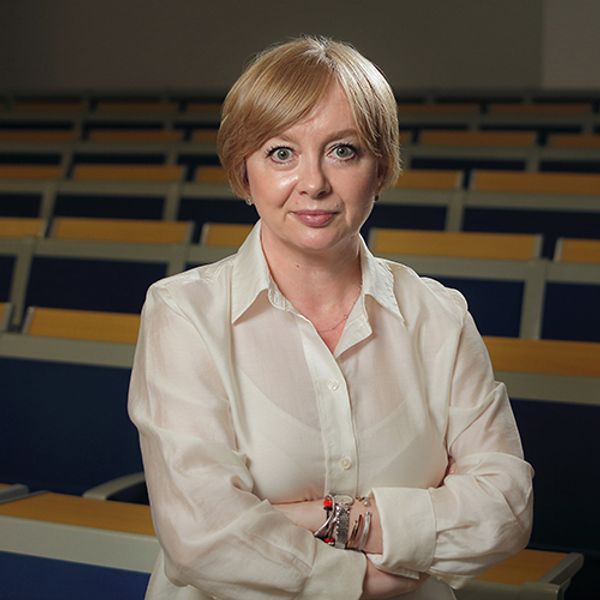
Lector Univ. Dr. Emilia Șercan
Jurnalist de investigație
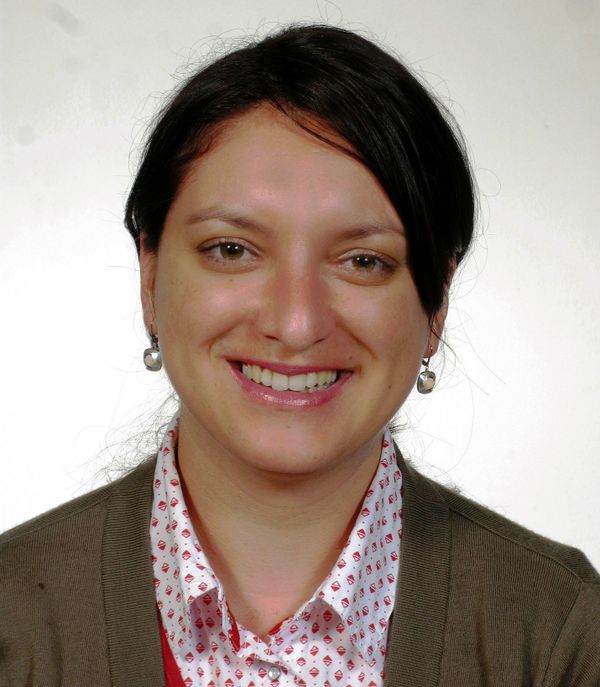
Dr. Diana Ionescu
Lector, Facultatea de Drept, Universitatea Babeș-Bolyai, Cluj-Napoca; Avocat, Baroul Cluj
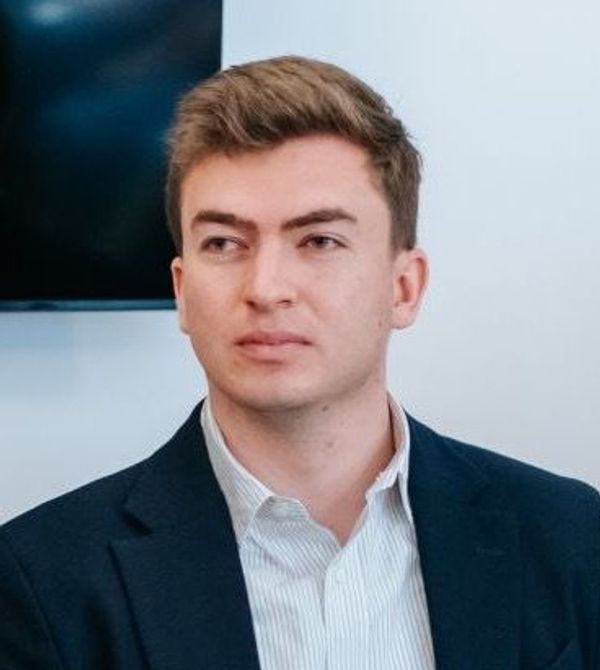
Drd. Luca Ciubotaru
Project manager, Asociația LiderJust,
Expert constituțional
Co-organizatori


Moderator
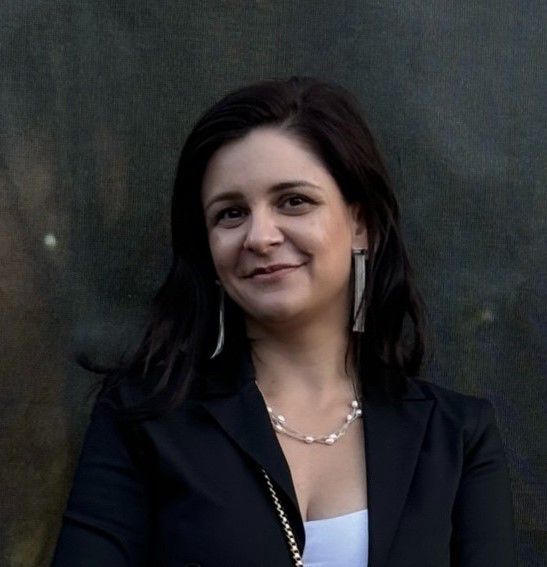
Alina Monceanu
Avocat, Project Manager, KAS RLPSEE
Sesiune de networking powered by Crama Corcova
Co-organizatori

Datele colectate și scopul prelucrării
Prin completarea formularului de înscriere la evenimentul EUROSFAT ediția 2025 și transmiterea, din propria voință, a datelor personale (nume, prenume, adresă de email și număr de telefon), îți exprimi în mod implicit acordul ca datele tale să fie procesate de Europuls – Centrul de Expertiză Europeană în conformitate cu Regulamentul general privind protecția datelor (GDPR).
Datele pe care ni le furnizezi vor fi folosite de EUROPULS numai în următoarele scopuri:
– pentru a te ține la curent prin e-mail și/sau telefon cu privire la detaliile logistice și organizatorice ale evenimentului Eurosfat 2025;
– pentru a-ți transmite alte informații legate de înscrierea și/sau participarea ta la evenimentul Eurosfat 2025;
– pentru a publica, sub formă de testimonial, dacă este cazul, opiniile tale despre participarea la evenimentul Eurosfat 2025;
– pentru a te putea contacta prin intermediul newsletter-ului, astfel încât să te putem informa cu privire la alte evenimente sau studii pe care le publicăm.
Stocarea datelor și transferul datelor
Datele personale sunt păstrate pe perioada necesară îndeplinirii scopurilor pentru care sunt colectate și prelucrate. În cazul în care vom stabili că avem un interes legitim sau o obligație legală să continuăm prelucrarea, te vom informa corespunzător. În general, păstrăm datele personale în locații din România. În anumite situații, este posibil să transferăm datele către țări din Spațiul Economic European – SEE (Uniunea Europeană, Elveția, Islanda, Liechtenstein și Norvegia), precum și din afara acestuia (dacă serverele pe care stocăm datele sau partenerii noștri asigură aceste servicii din afara SEE).
Drepturile tale ca persoană vizată de prelucrarea datelor
În toate cazurile, în raport cu prelucrarea datelor efectuată de noi, ai următoarele drepturi, pe care le vom respecta fără întârzieri nejustificate:
– dreptul de acces la datele tale, de rectificare sau ştergerea lor;
– dreptul de a solicita restricţionarea prelucrării și dreptul de a-ți retrage consimțământul cu privire la prelucrare;
– dreptul de a te opune la prelucrarea datelor.
Modificarea sau ștergerea datelor
Ai dreptul să soliciți informații despre datele tale cu caracter personal ori să soliciți modificarea sau ștergerea lor. Pentru acest lucru, ai obligația să transmiți cererea sa către noi, la adresa de e-mail, la adresa [email protected].
Condițiile prezentate în această pagină se completează cu cele din Politica de confidențialitate.
Cu patronajul



Forumul reprezintă, an de an, un model de succes în conectarea cetățenilor din România cu agenda europeană, fiind un for de dezbateri între decidenți la nivel european, național și local, societate civilă, jurnaliști, mediul de afaceri și mediul academic.
Partener principal

Partener logistic

Parteneri strategici
















Retrospectiva Forumului Eurosfat 2024
Abonează-te pentru a primi newsletter-ul nostru și pentru a fi la curent cu evenimentele și publicațiile noastre
Site realizat de WebShop Solutions


